
Outline Template
Writing projects start with a spark—a character, a scene, a what-if moment. But what happens from there? What goes into a novel outline? How do you format it? Fill in this template to get started.

Upcoming Webinars
While picture books are easy and fun to read—they can be extremely challenging to write well! Join me on an exploration of this amazing, engaging, and colorful category of children’s books.
Get an insider's view of the publishing world with Publishing Lunch, the ultimate speaker series designed for writers ready to thrive. This isn’t just another webinar; it’s your backstage pass to candid conversations with industry pros like literary agents, acquisitions editors, and more.
Get an insider's view of the publishing world with Publishing Lunch, the ultimate speaker series designed for writers ready to thrive. This isn’t just another webinar; it’s your backstage pass to candid conversations with industry pros like literary agents, acquisitions editors, and more.
Query letters are the most controversial topic in publishing. They’re your foot in the door in the slush pile, and a good one will launch you toward your publishing goals. Learn how to write a compelling query from a former literary agent, get advice for agent and publisher research, and discover some surprising submission dos and don’ts.
Videos
Mary Kole is joined by writing expert John Matthew Fox to chat about his work helping authors and founding his company, Bookfox. Conversation topics include the different publishing paths available to writers, the benefits and drawbacks of traditional vs. self-publishing, the challenges of effectively marketing one's work, and going beyond commercial success.
Despite the challenges of balancing writing with a day job and parenting, middle grade and YA author Tracy Badua keeps churning out adventurous contemporary fantasy stories. Tracy’s books explore themes of cultural identity, family expectations, and folklore, even drawing inspiration from Filipino superstitions she grew up with.
Young adult author Farrah Penn details her publishing journey, from striking out on submission to her debut novel. Listen in to this conversation for thoughts on the young adult genre, using tropes, crafting stakes and curveballs for your characters, and how screenwriting may help when writing a novel.
Romance author Allison Speka joins the pod to discuss her journey into writing and self-publishing. She talks about her love for the romance genre and shares her experience with self-publishing, including tips on cover design, book marketing, and the value of learning from other indie authors.
Lisa Stringfellow, award-winning author and middle school teacher, discusses her debut novel about mermaids and mythology set in the Caribbean, “A Comb of Wishes.” She talks through her long journey from draft to finished book—plus plans for Book 2—and shares craft and industry tips she’s learned along the way.
A conversation with debut science fiction and fantasy author Rebecca Coffindaffer (CROWNCHASERS, out now from HarperTeen) all about worldbuilding.
Writer, writing teacher, ghost writer, and general literary icon Roz Morris joins Mary Kole for an interview on the Good Story Speaker Series. They dive into the mechanics of storytelling and discuss how to connect with your audience—whether you're writing someone else's story or your telling your own.
Mindy McGinnis—mystery, suspense, thriller author and dog haver—joins the Good Story Podcast to talk about her upcoming work with James Patterson, book snobbery, and showing characters' humanity.
NYT Bestselling young adult and middle-grade author Jonathan Auxier joins Mary Kole to discuss visual writing, worldbuilding, and how different media use dialogue to create action.
How long is a chapter? This is a question I get all the time from writers. In this video, I'll ask you some leading questions that will allow you to figure out that ideal chapter count or chapter-length for yourself in your particular project.
If you're wondering how many characters you should put in your novel, or how big your cast of characters should be (or how small), check out this video.
Story Mastermind is a five-month small group workshop intensive. The deliverable is a fully workshopped novel draft and submission materials. We’ll give you a taste of how we discuss story in Novel Mastermind: from the premise, the elevator pitch, the logline; to theme, character objective, and stakes.
Pacing is the engine that keeps that story going and keeps your reader's interest level high. One of the most important things that I teach when it comes to pacing with writing is the balance of action and the information. Information is dense. It moves slowly. Action is fast. It moves quickly. It has nothing to do with page count, but everything to do with the balance of what's in those pages.
Today we are talking about starting a novel...it's hard. But the thing you must remember is: You don't have to nail it on the first try. You can—and should!—always go back, edit, revise. Beginnings are incredibly important. They're what agents and publishers consider before they decide whether they're going to spend the rest of their time with you and your story. But you have a lot of time to go back and nail it!
Go beyond the landscape when setting the scene with these three essential considerations for starting your novel.
Writing a novel series? Here are some valuable tips on planning and executing your series, as well as how to pitch it to publishers.
If you're curious about writing the inciting incident, and how this applies to your novel, picture book, or story, check out this class.
Podcasts
Newton’s third law says every action will have an equal but opposite reaction. This is true in stories, too … or at least it should be. How do we get to know characters, even as they flit from one conflict-ridden chase scene to the next? Through reaction beats.
You want to include as little backstory in your opening as possible, yet sometimes you feel you need to explain certain elements to the reader up front, so a prologue seems like an obvious solution. So why do so many people advise against them?
To outline or not? Writing projects start with a spark—a character, a scene, a what-if moment. But what happens from there?
You’ve probably written a plot outline for your story, but have you written a character development outline? Here are some tips for developing character arc so your character development is as tight as your plot.
The beginning of your story sets the foundation from which the plot will unfold. This foundation creates impact with the developments and conflicts that make up your narrative. If you need help with how to write the beginning of a novel, consider these three elements.
Trick, treat, and keep the thrills and chills alive by learning how to write a ghost story. Here are some tips for crafting a spooky tale that’ll scare the socks off readers this Halloween season.
Your character names and made-up words should add meaning to your story. Here are five tips for picking names and creating words that enhance your story world.
Strong character development arcs make better stories. Here are some tips on writing characters that readers will connect with and root for.
Depending on how an alternating point of view novel is handled, this choice can prove to be either a boon for the novel—a way to distinguish it from other similar ideas in the marketplace—or a confusing exercise in frustration for the reader. How can a writer use this format to strengthen their story rather than confuse their readers?
The concept of premise vs. plot is a common stumbling block for many writers. They’ll think they have a killer idea for a manuscript lined up, but when they sit down to write, the energy fizzles out partway through. Why isn’t a great idea enough?
How do you write shy characters? Shy people often have rich inner worlds that are teeming with life; they’re just selective about who they let inside. Here are a few ways to help you show your shy character’s true nature.
Raising the stakes is a great way to sew tension in your story, and fear of failure is something everyone can relate to. The constant battle between running toward the goal while running away from the alternative will keep readers engaged and invested in your characters. Know how to identify your stakes and when to make them bigger.
If you’re a beginning writer, you may be wondering how to organize your writing. Working on a novel means you’ll have lots of bits and pieces to keep track of: character and setting notes, plot outlines, reference photos, versions of your manuscript, notes to yourself, quotes and inspiration to keep you going when the going gets tough...yikes!
Writing a series? You’ll want to pay special attention to making Book One pop. Getting that first book right, though, can be a tall order. Make sure to include the following elements for a captivating Book One.
Is it just me, or does it seem like retellings and reimagined stories are everywhere you look? Whether I’m on the Kindle page or surfing Netflix, it seems like everyone’s telling familiar tales in different ways. Here’s more about this trend and why it matters.
One question many writers have when they begin work on a novel is how to write a compelling protagonist and antagonist. These are vital roles to function well in a manuscript. How do we make sure they leap off the page?
Story ideas don’t always come easily, but sometimes we get glimmers that turn into a list of foggy ideas. How do we decide which new idea to run with? And how do we take steps to make it shine?
Your novel has to be somewhere. It can be anywhere! But setting is not an arbitrary detail: it can make all the difference.
Chapter structure, like plot structure, is key to achieving a believable and engaging narrative. Here’s how to make sure your chapters are complete and doing as much work for you and your story as possible.
Stories are like people. They have a body, and a soul. The body is the plot, the actions that happen. And the soul is the character, the protagonist, the key person (or persons) bound by the circumstances of the plot and forced into decisions.
What’s involved in beginning a novel? Whether it’s by plotting, planning, figuring out your characters, or simply not worrying about the mistakes you’re making, there are tips for you to follow.
Blog Posts
What’s the secret behind designing a bestselling YA book cover? Casey Moses, an Assistant Art Director at Penguin Random House, gives us some answers and provides insight into the role of a book cover designer. Listen to our in-depth conversation to learn about designing typography, special edition production, and the unusual methods for achieving perfect photoshoot conditions.
Mary Kole is joined by writing expert John Matthew Fox to chat about his work helping authors and founding his company, Bookfox. Conversation topics include the different publishing paths available to writers, the benefits and drawbacks of traditional vs. self-publishing, the challenges of effectively marketing one's work, and going beyond commercial success.
Despite the challenges of balancing writing with a day job and parenting, middle grade and YA author Tracy Badua keeps churning out adventurous contemporary fantasy stories. Tracy’s books explore themes of cultural identity, family expectations, and folklore, even drawing inspiration from Filipino superstitions she grew up with.
Young adult author Farrah Penn details her publishing journey, from striking out on submission to her debut novel. Listen in to this conversation for thoughts on the young adult genre, using tropes, crafting stakes and curveballs for your characters, and how screenwriting may help when writing a novel.
Romance author Allison Speka joins the pod to discuss her journey into writing and self-publishing. She talks about her love for the romance genre and shares her experience with self-publishing, including tips on cover design, book marketing, and the value of learning from other indie authors.
Katie Wolf joins the pod for an inspiring conversation about getting started in publishing, work-life balance, and writing to market. She also discusses the importance of prioritizing mental health and why self-awareness is key in developing your writing craft.
Thriller vs. Suspense... what's the difference? Heather Dixon, whose debut novel Burlington hits shelves this week, chats with Mary Kole about getting published and the appeal of suspenseful women's fiction.
Rob Kent, author and host of the Middle Grade Ninja podcast, joins Mary Kole to talk about his illustrious publishing career and provides valuable insights and inspiration for aspiring writers. He discusses the importance of managing expectations for success in your writing career, as well as writing for your own personal happiness.
Benjamin Roesch joins us to talk about his debut novel—but not his first novel—published with LGBTQ+ young adult indie publisher Deep Hearts. We talk about turning short stories into a novel, coming of age fiction, and being an older debut writer.
Leslie C. Youngblood shares her journey through her MFA program, gives tips on crafting interesting character relationships, and weighs in on one of the hottest questions for authors today: traditional or self-publishing?
Mindy McGinnis, mystery, suspense, thriller author and dog haver, joins the Good Story Podcast to talk about her upcoming work with James Patterson, shit-shoveling, book snobbery, and showing characters' humanity.
NYT Bestselling young adult and middle-grade author Jonathan Auxier joins Mary Kole to discuss visual writing, worldbuilding, and how different media use dialogue to create action.
A conversation with YA fantasy author Laura Sebastian (ASH PRINCESS, out now from Delacorte) all about worldbuilding.
An interview with author and writing teacher Jessica Brody, where we discuss what makes a compelling story, how to apply story structure whether you're a plotter or pantser, and tackling large-scale revisions without ripping your hair out.
A conversation with debut YA author Rebecca Coffindaffer (CROWNCHASERS, out now from HarperTeen) all about worldbuilding.
Lisa Stringfellow discusses her debut novel set in the Caribbean, “A Comb of Wishes.” She talks through her long journey from draft to finished book—plus plans for Book 2—and shares craft and industry tips she’s learned along the way.
Tune in for a chat with Mary Kole's long-time friend in the children's publishing space, YA Author J.C. Geiger. He tells all about how he made an epic mixtape with music no one's heard before (and met his heroes in the process), and talks about writing young adult characters, the future of post-pandemic fiction, and—of course—the power of music.
An interview with NaNoWriMo founder and writing teacher Chris Baty, where we discuss plot, pantsing, not nipping good ideas in the bud, celebrating a hot pile of garbage, and the cult of busyness.
Historical and fantasy author Gail Carson Levine interviews with Mary Kole. She shares thoughts on the writing process, world-building, and her latest book, A Ceiling Made of Eggshells.
Services
Just the essentials: you’ll receive an easy-to-scan overview of feedback on up to twenty double-spaced pages of your work. Each Overview addresses plot, character, voice, writing style, and much more.
Just need some help getting your outline in order? We can help you get your story off to a good start. You’ll receive an easy-to-scan overview of feedback on your work, plus an hour-long consultation call.
Submit up to twenty double-spaced pages.
Just the essentials: you’ll receive an easy-to-scan overview of feedback on up to twenty double-spaced pages of your work. Each Overview addresses plot, character, voice, writing style, and much more.
Just the essentials: you’ll receive an easy-to-scan overview of feedback on up to twenty double-spaced pages of your work. Each Overview addresses plot, character, voice, writing style, and much more.
Just need some help getting your outline in order? We can help you get your story off to a good start. You’ll receive an easy-to-scan overview of feedback on your work, plus an hour-long consultation call.
Submit up to twenty double-spaced pages.
Get your outline right, and the rest of your project will thank you for it. With this service, you’ll go chapter-by-chapter and describe your plot and character development in detail. I’ll do a developmental edit that will highlight areas to work on, themes to nurture, and sections that have or lack potential. I’ll give you customized next steps to get you going in the right direction from the very start. Submit up to twenty double-spaced pages.
Get your outline right, and the rest of your project will thank you for it. With this service, you’ll go chapter-by-chapter and describe your plot and character development in detail. I’ll do a developmental edit that will highlight areas to work on, themes to nurture, and sections that have or lack potential. I’ll give you customized next steps to get you writing in the right direction from the very beginning. We can work on a synopsis for up to three revisions of back-and-forth feedback and questions, so that you really iron out your road map before you start to flesh the novel out. Three rounds of outline editing, up to twenty double-spaced pages each time.

FEATURED SERVICE
Get your outline right, and the rest of your project will thank you for it. With this service, you’ll go chapter-by-chapter and describe your plot and character development in detail. I’ll do a developmental edit that will highlight areas to work on, themes to nurture, and sections that have or lack potential. I’ll give you customized next steps to get you going in the right direction from the very start. Submit up to twenty double-spaced pages.

Small Group
Outline Intensive
Transform your idea into a fully built-out, pressure-tested and workshopped outline, including three passes of detailed feedback from your fellow writers and the professional editing team at Good Story Company. Best of all, you'll do it from the comfort of your own home.





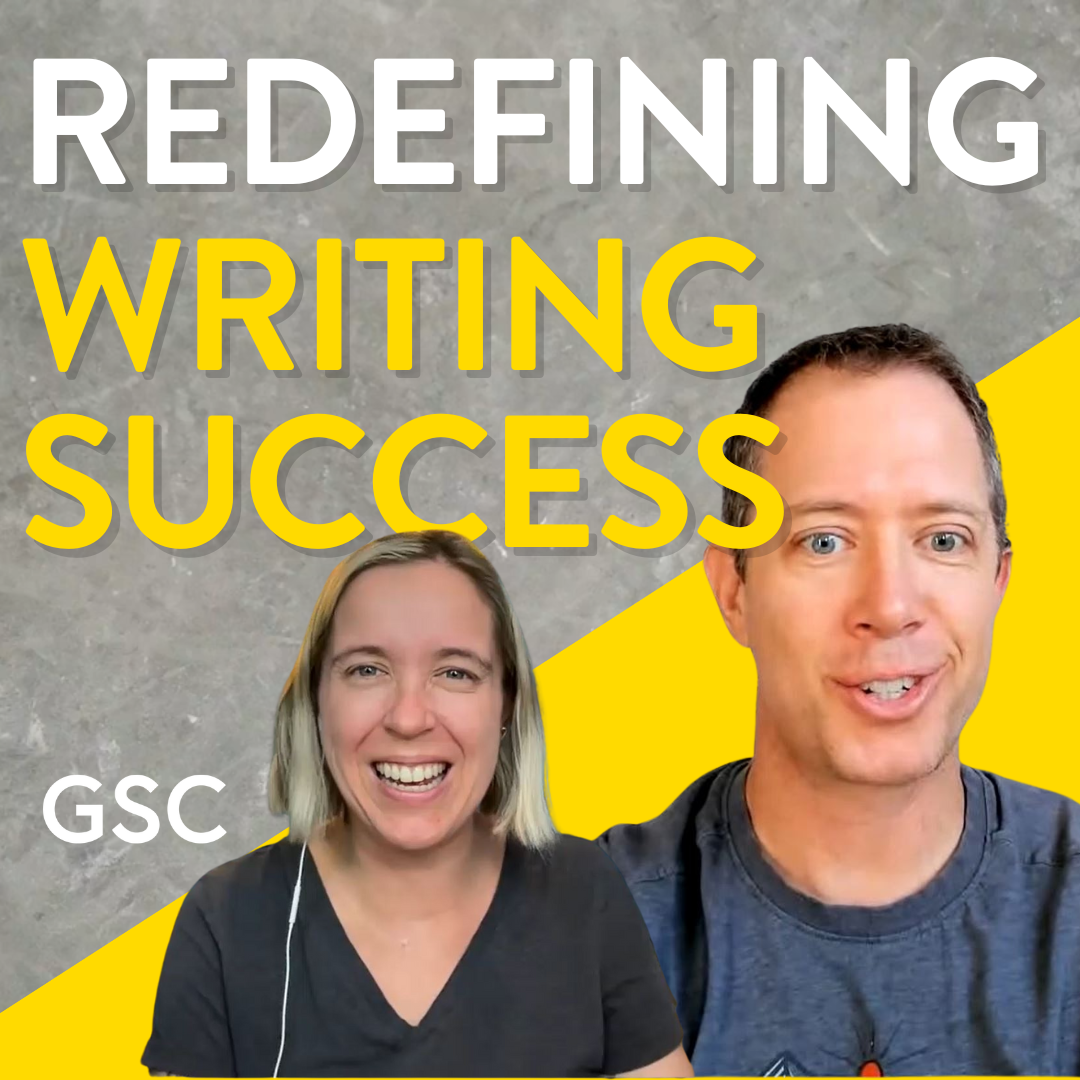
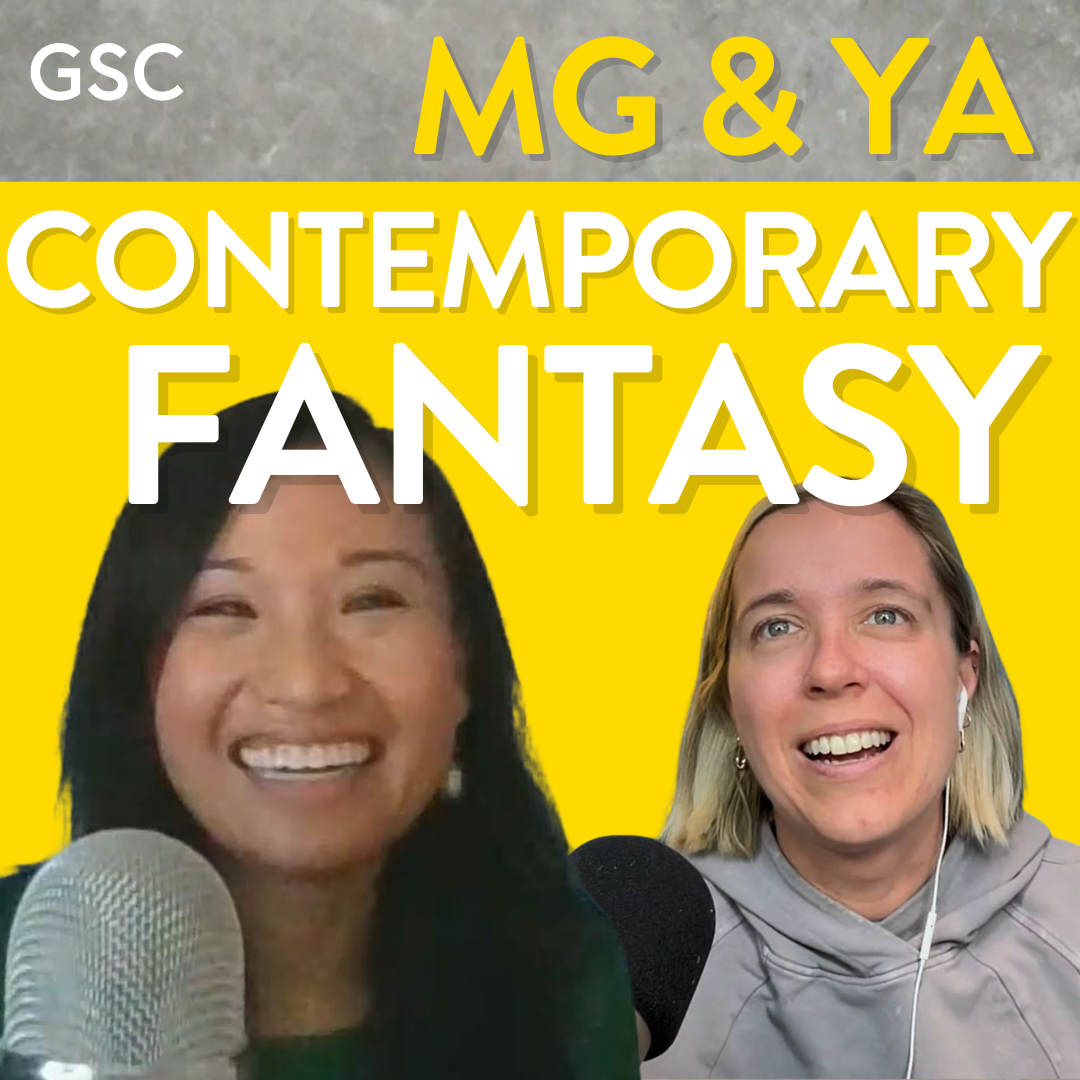
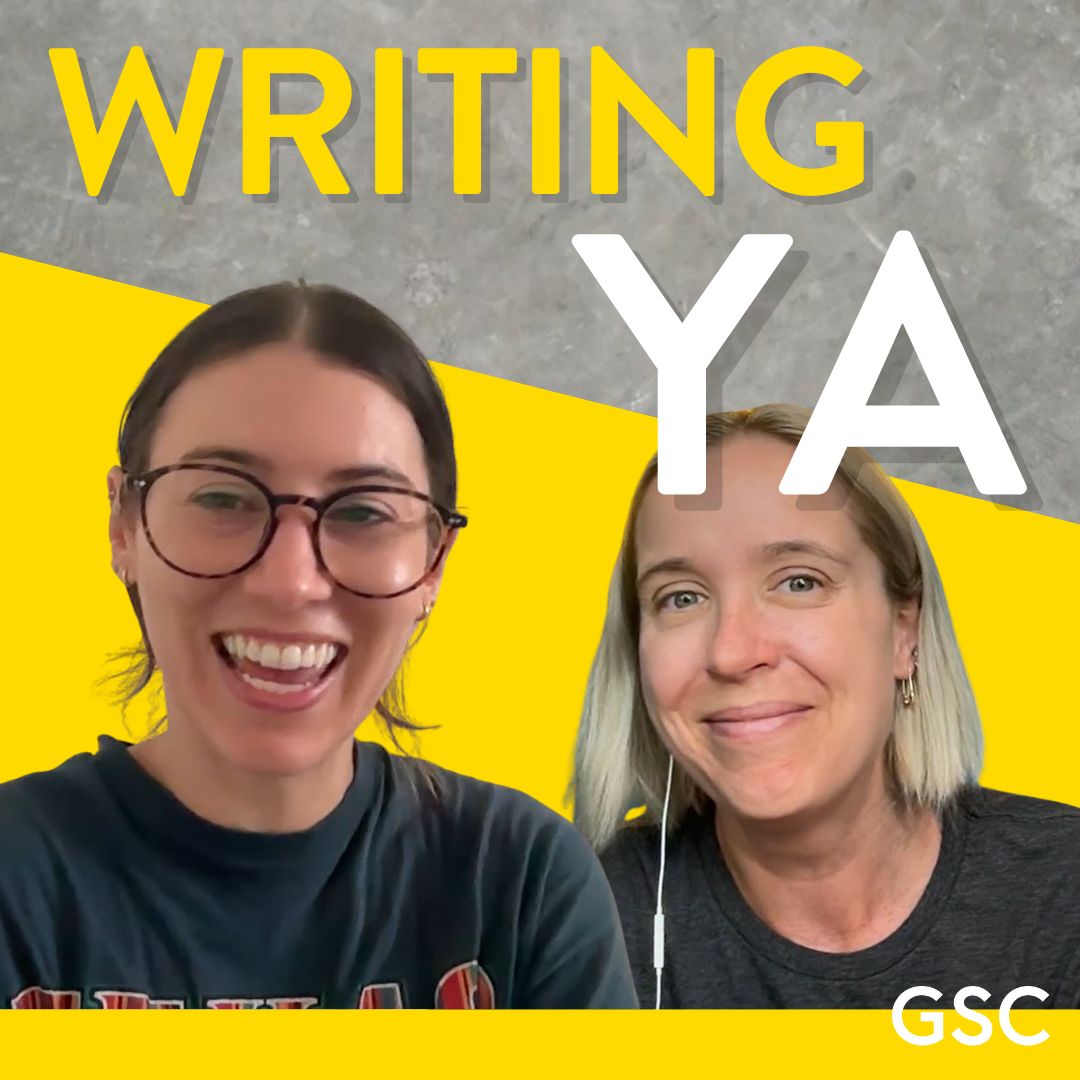
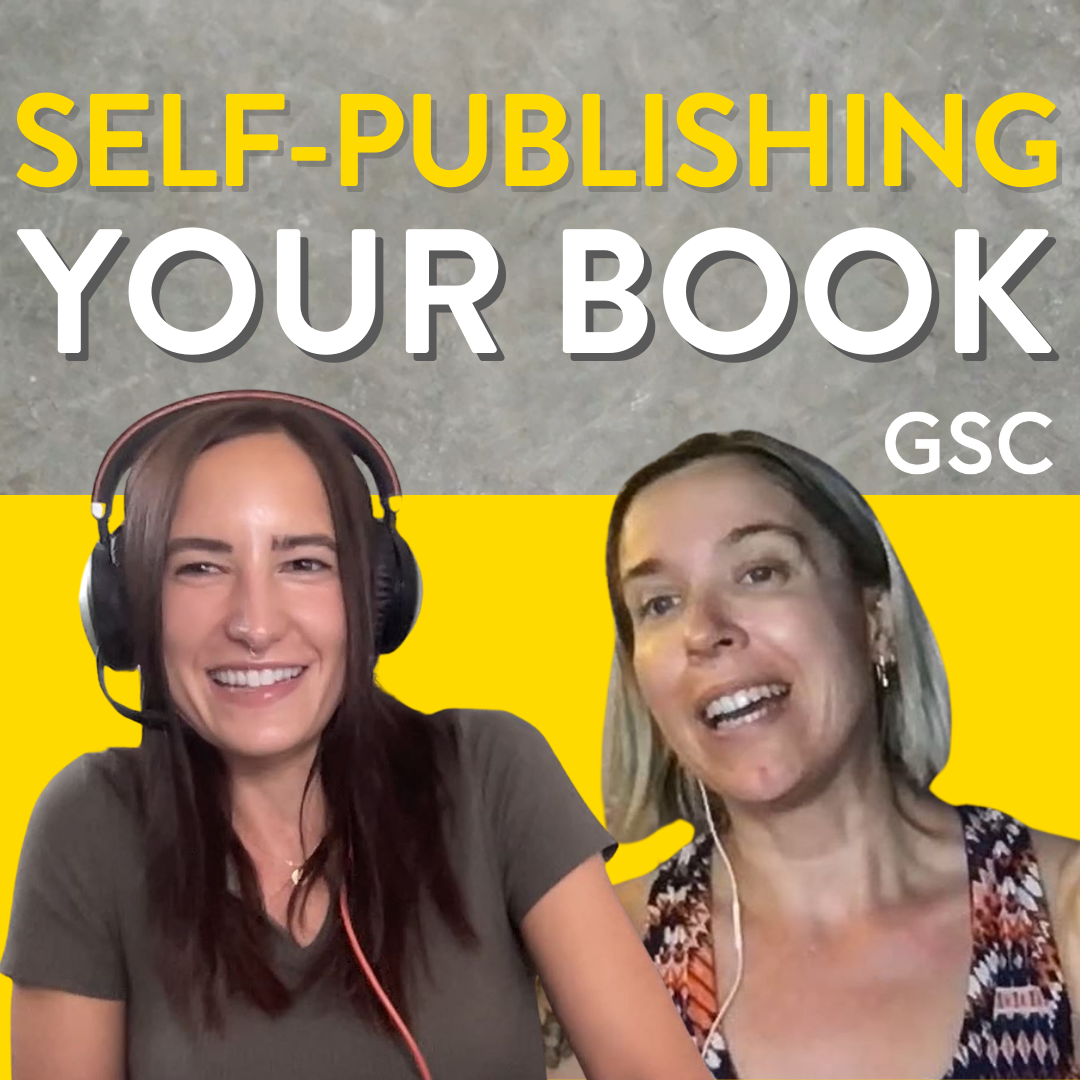
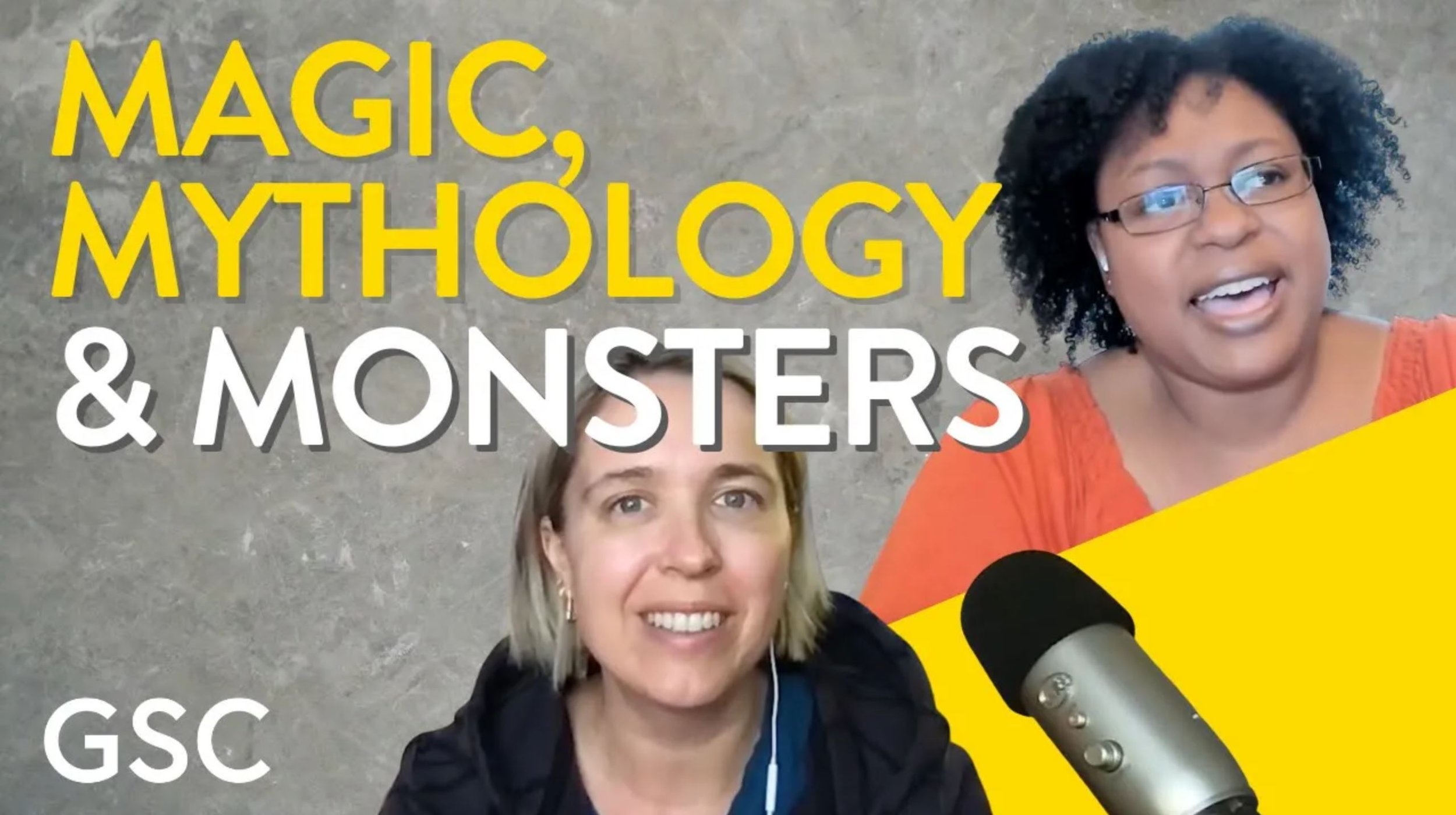
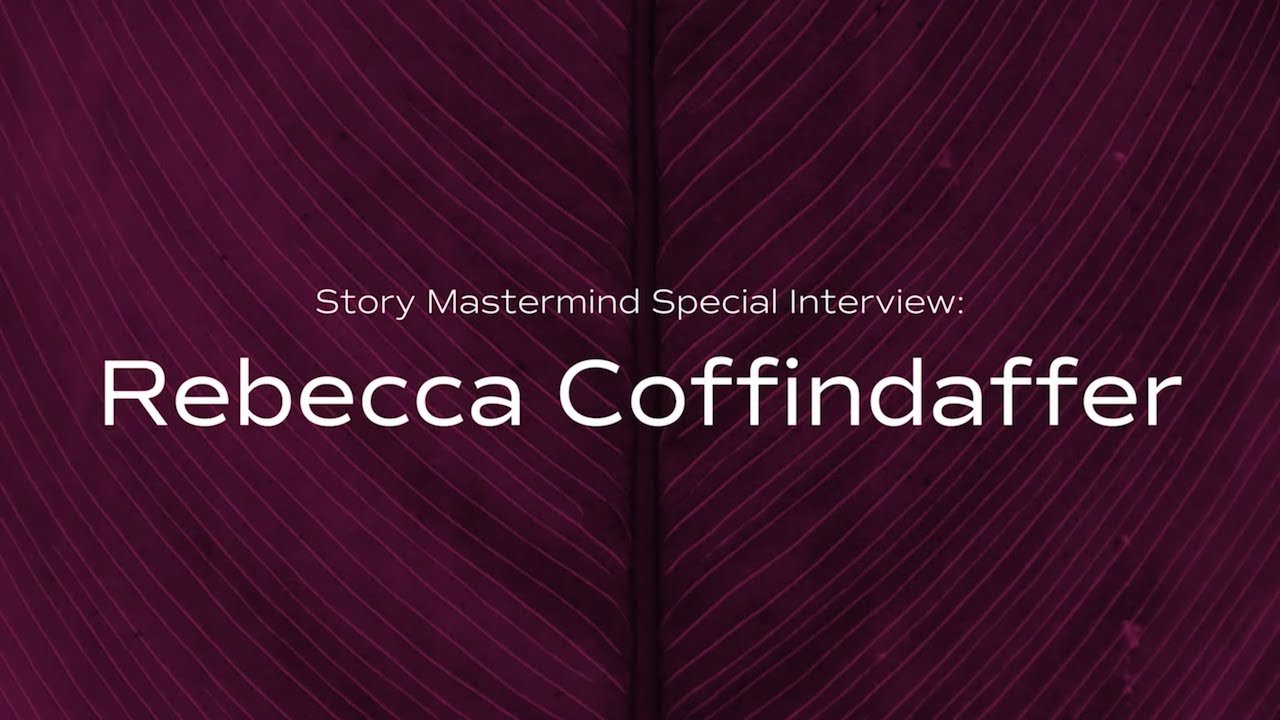


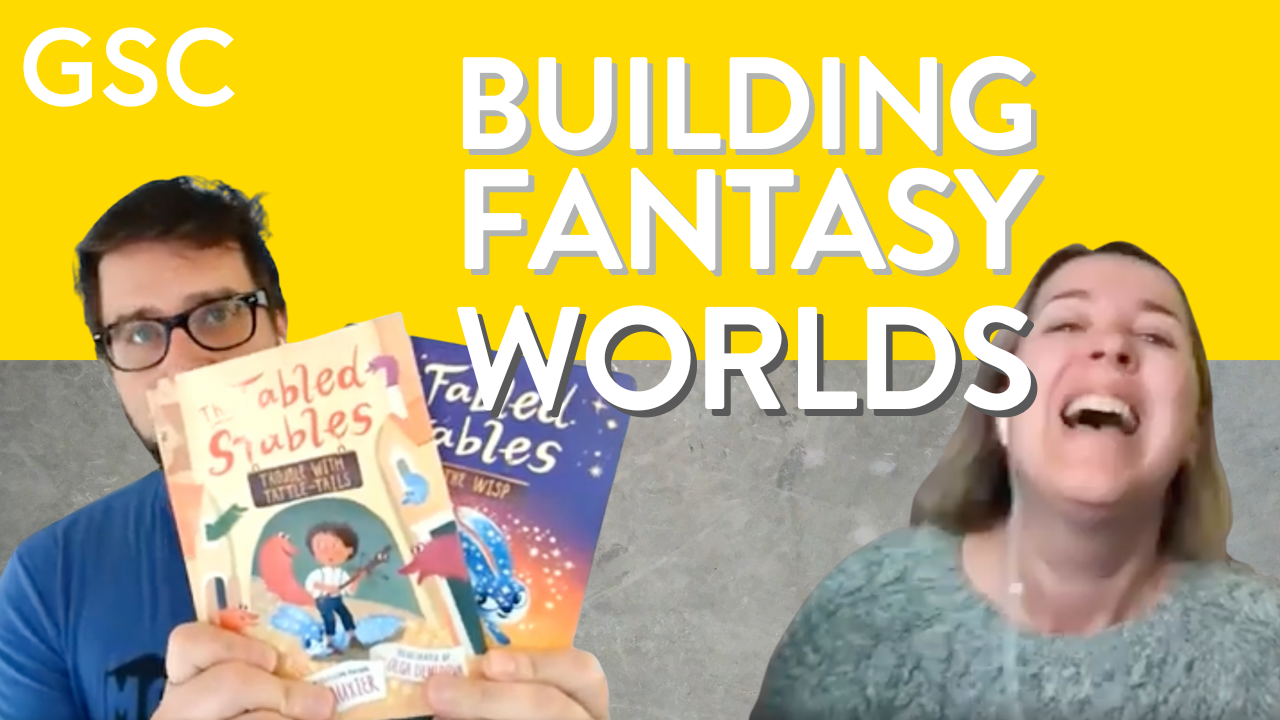



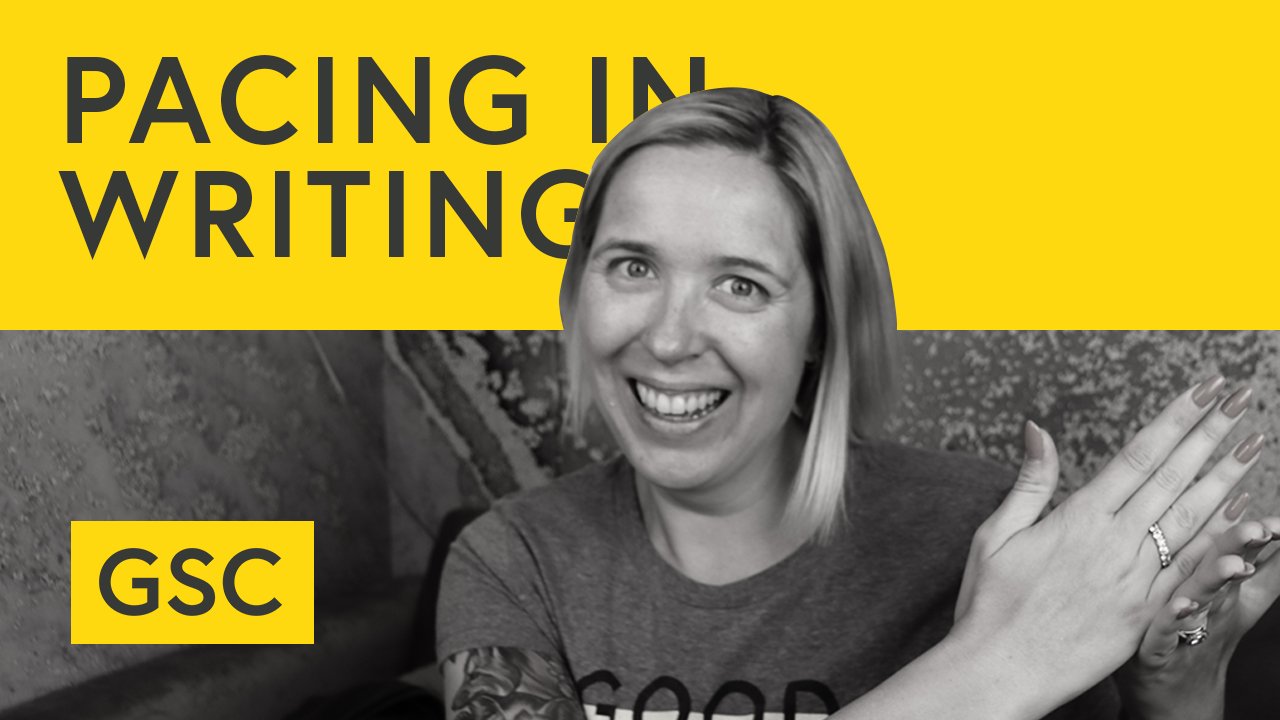
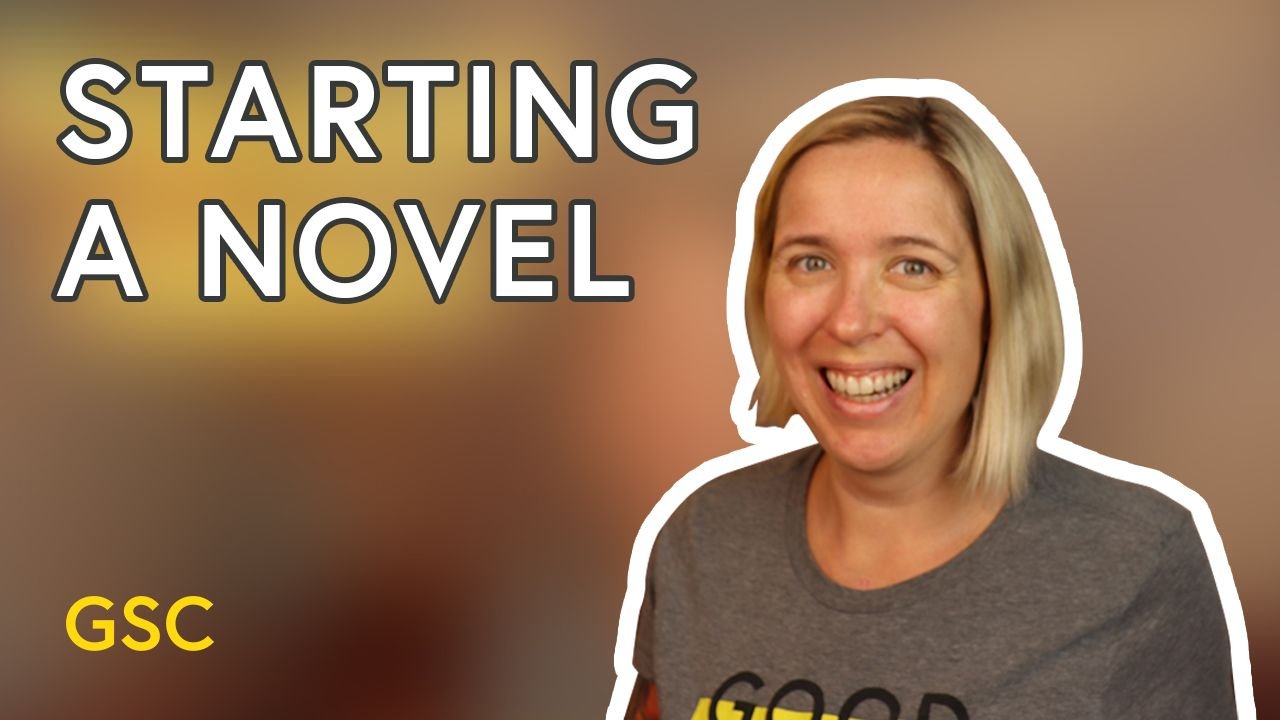
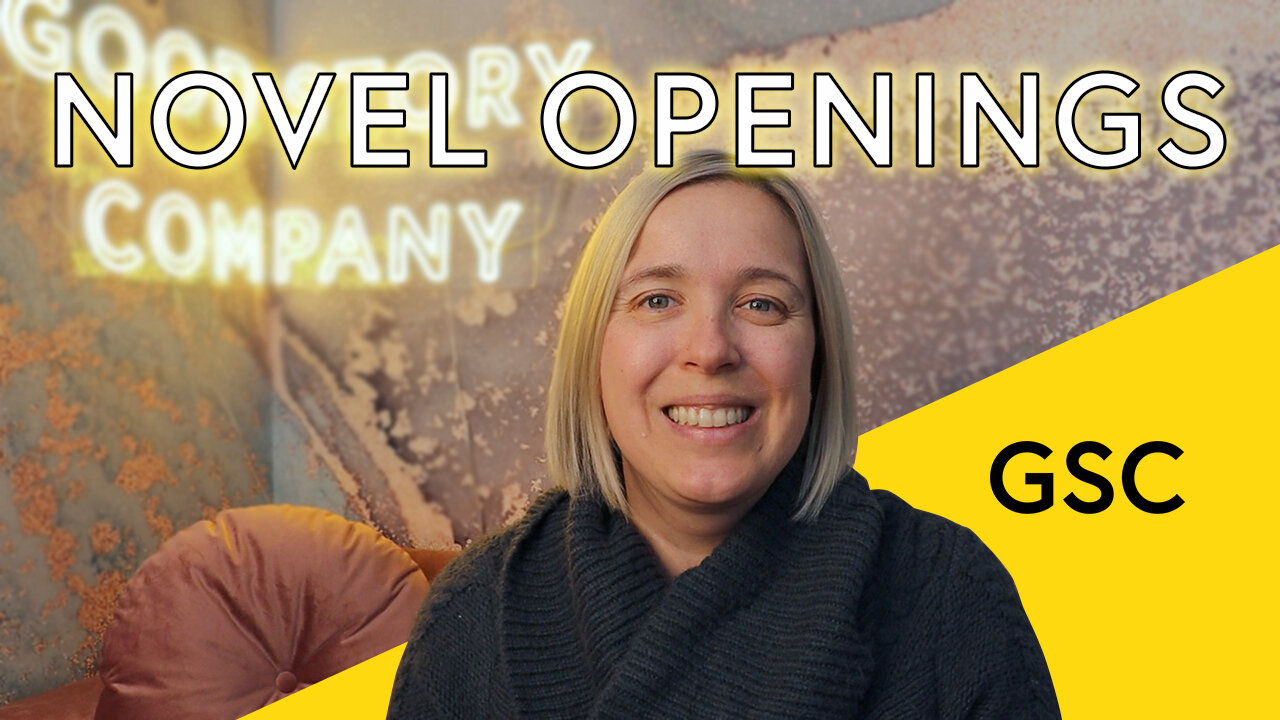
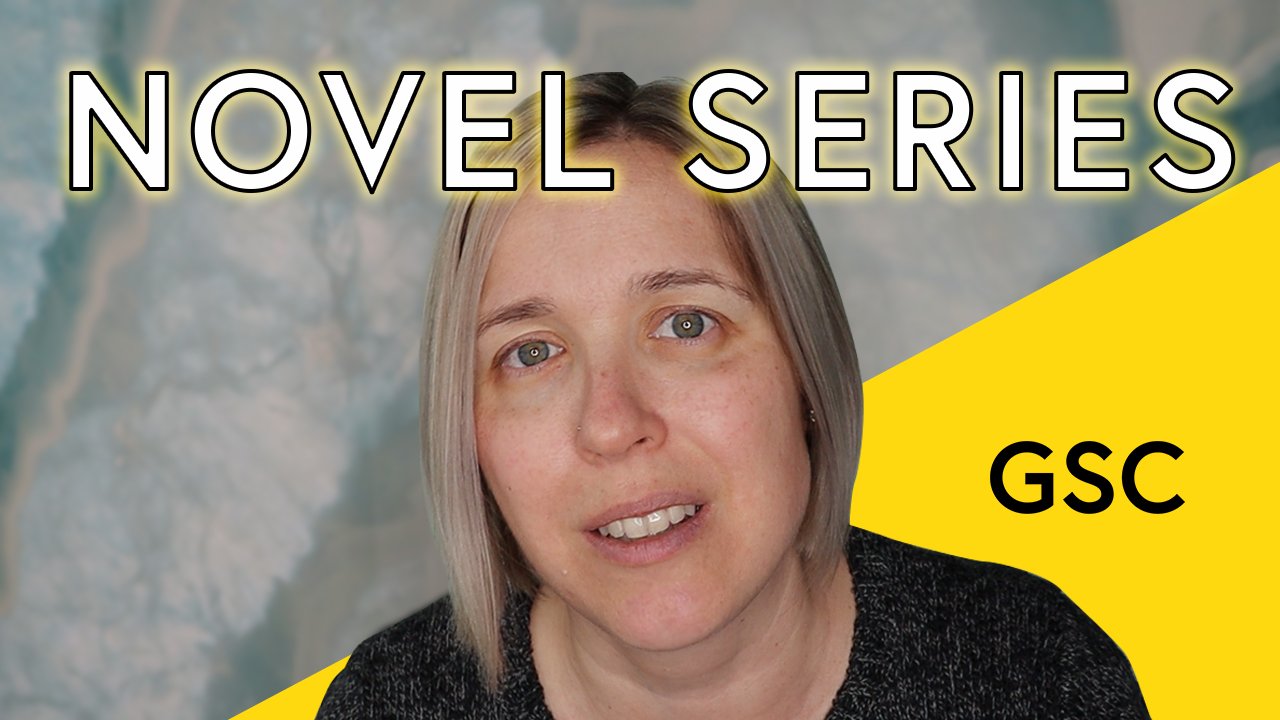
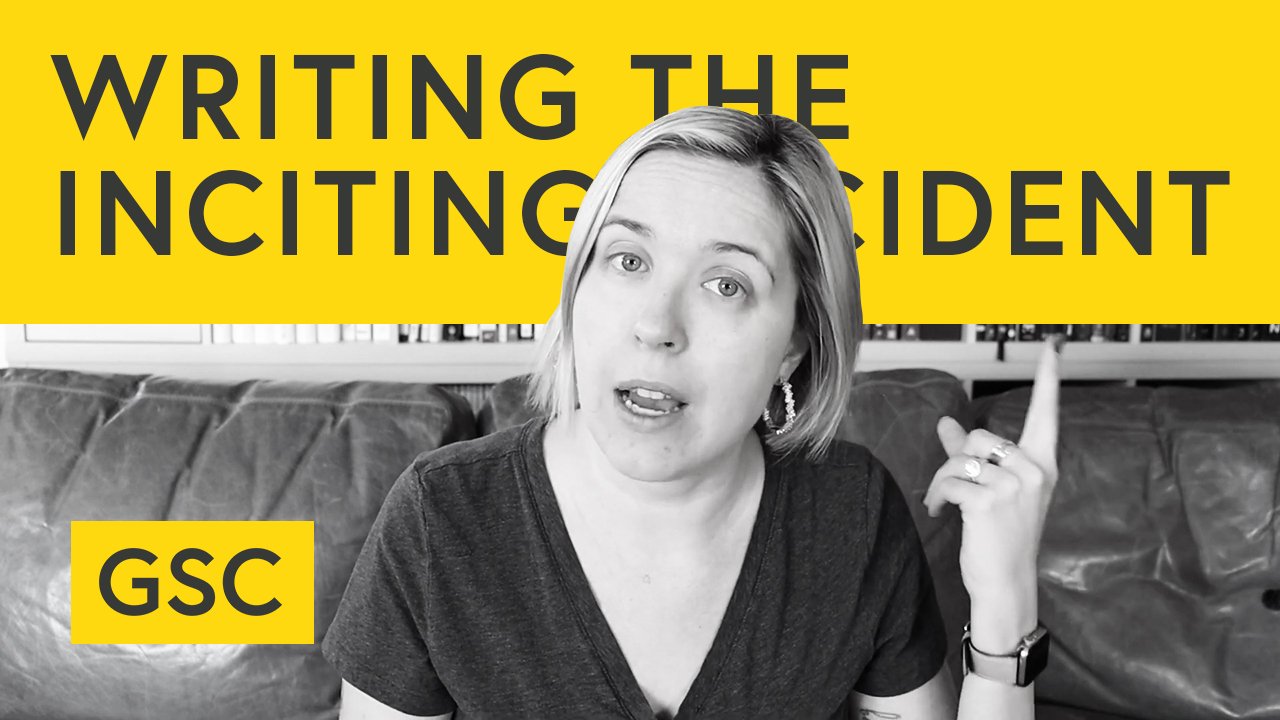

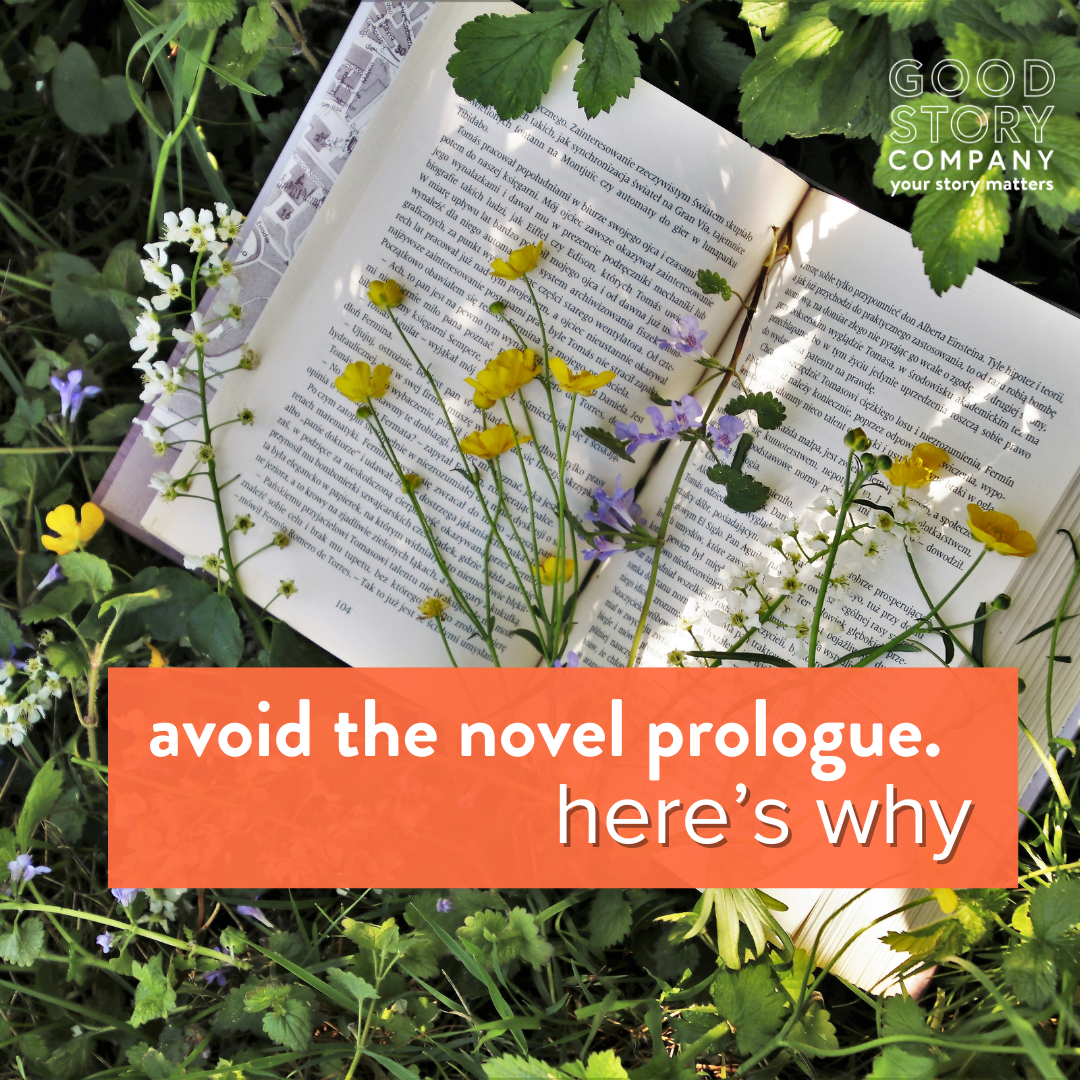

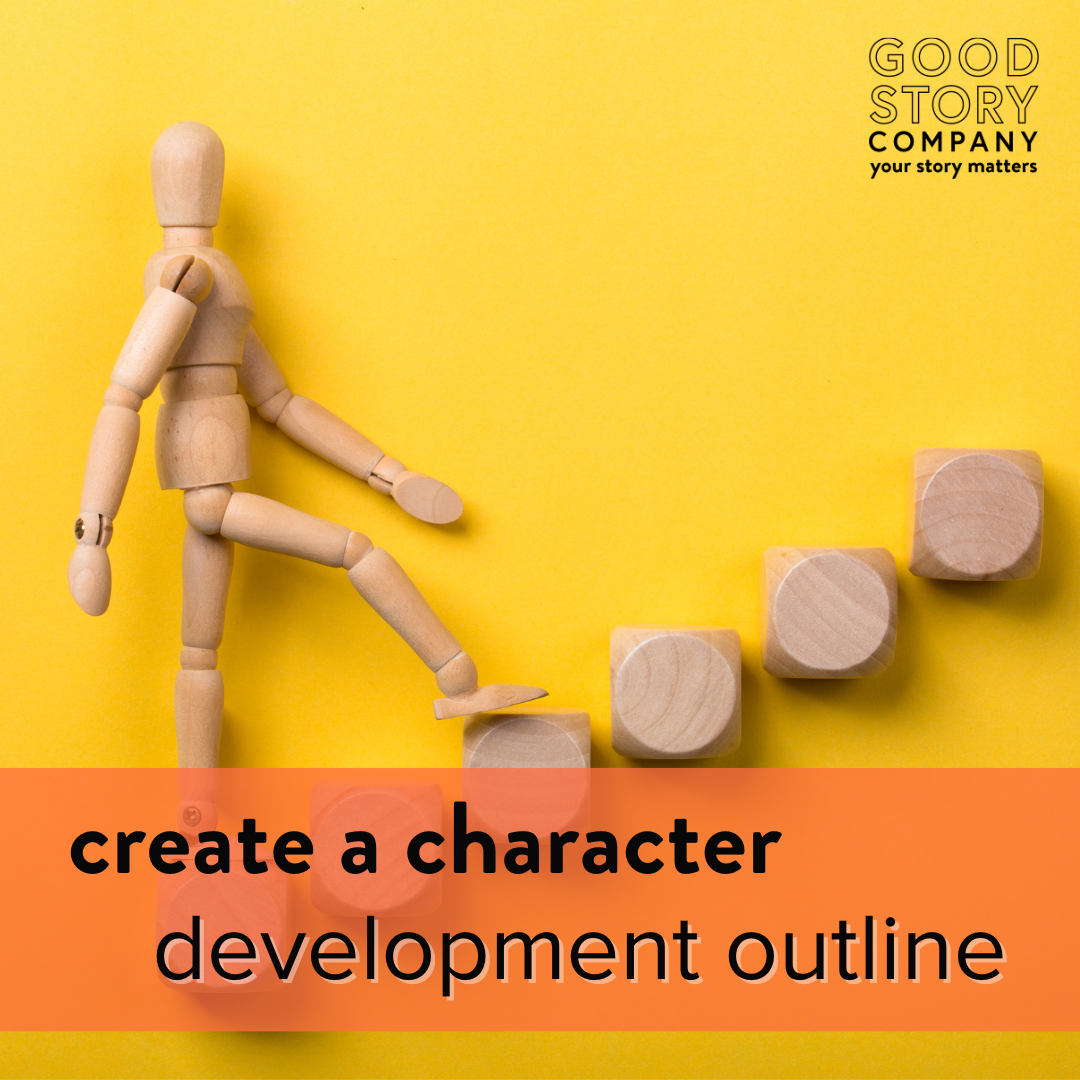
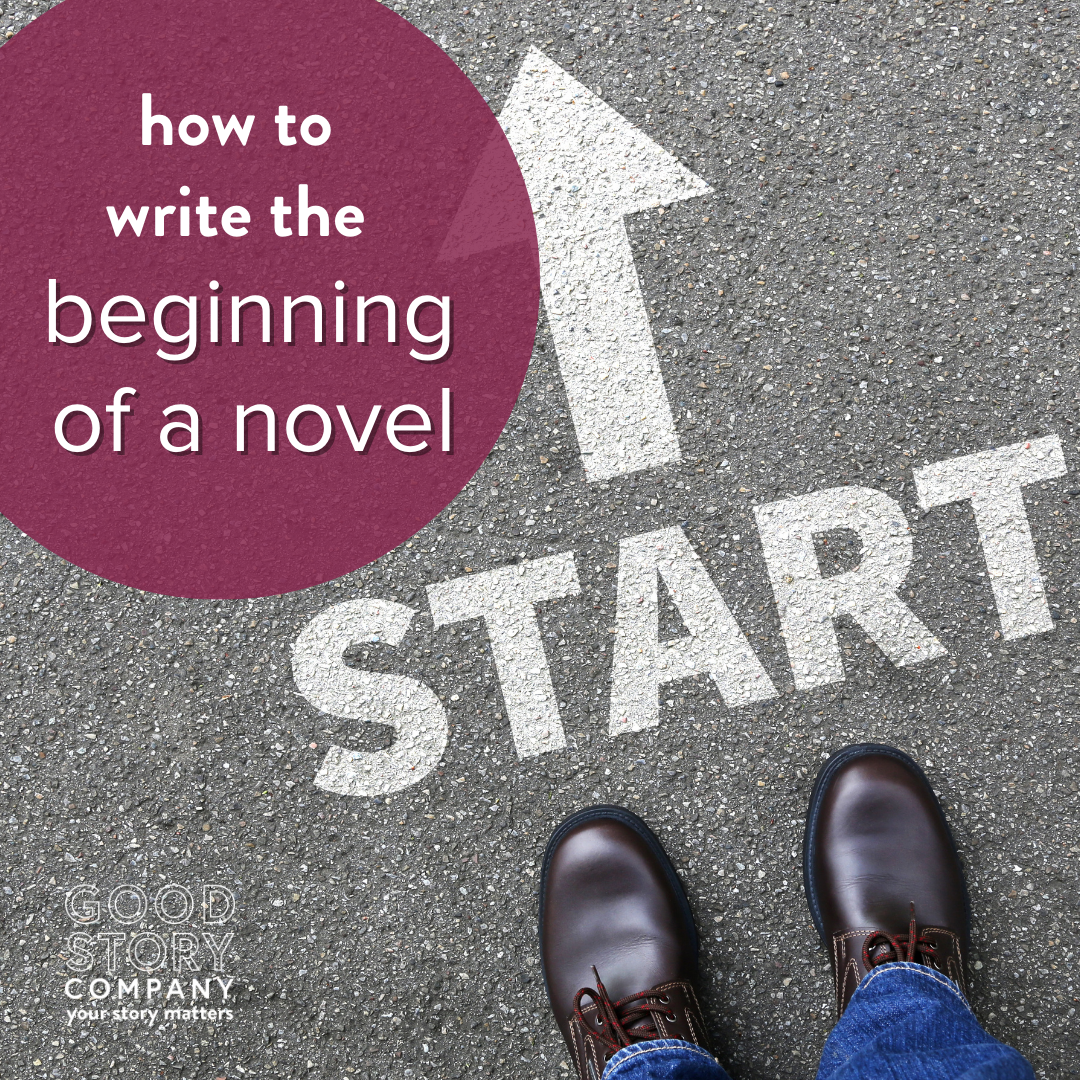
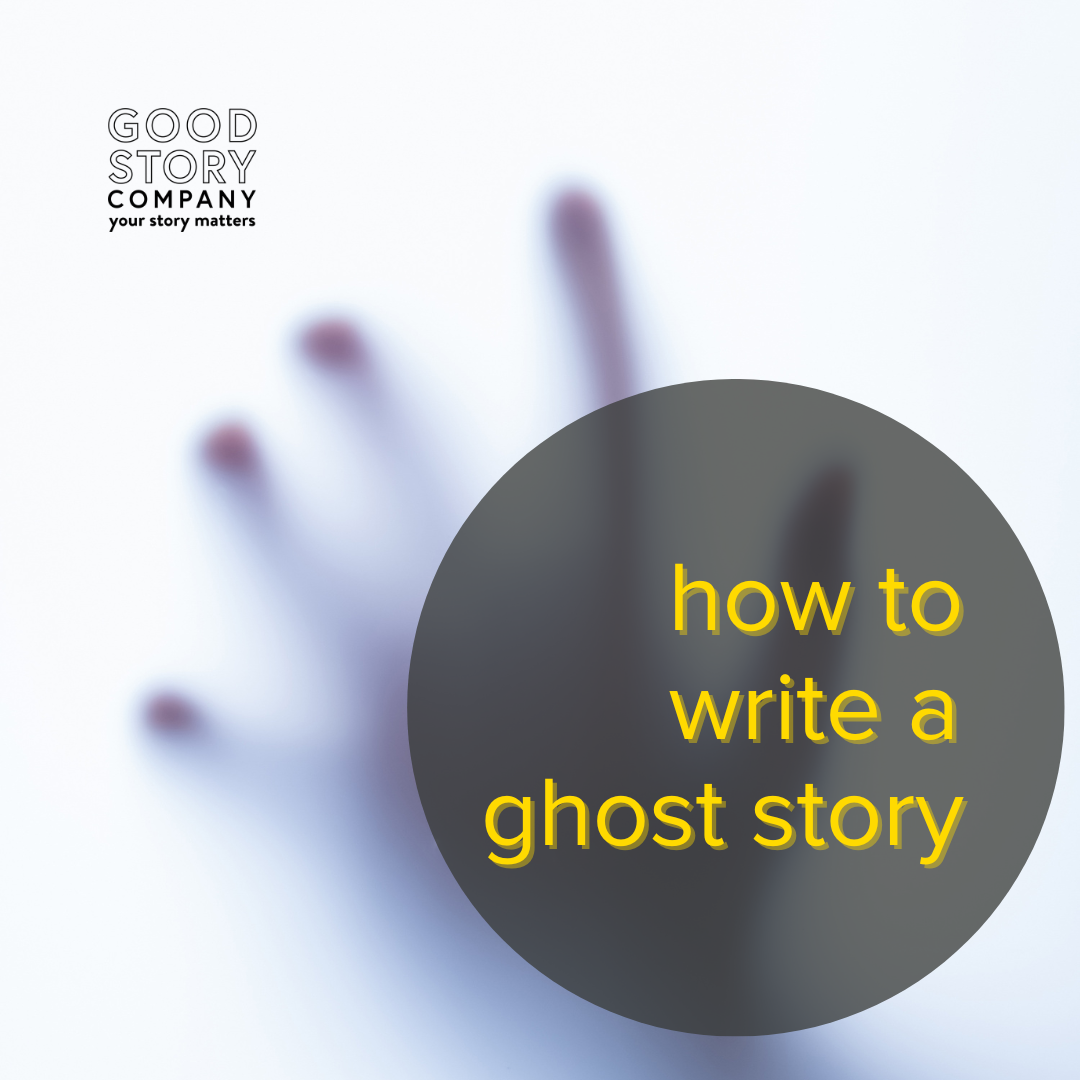

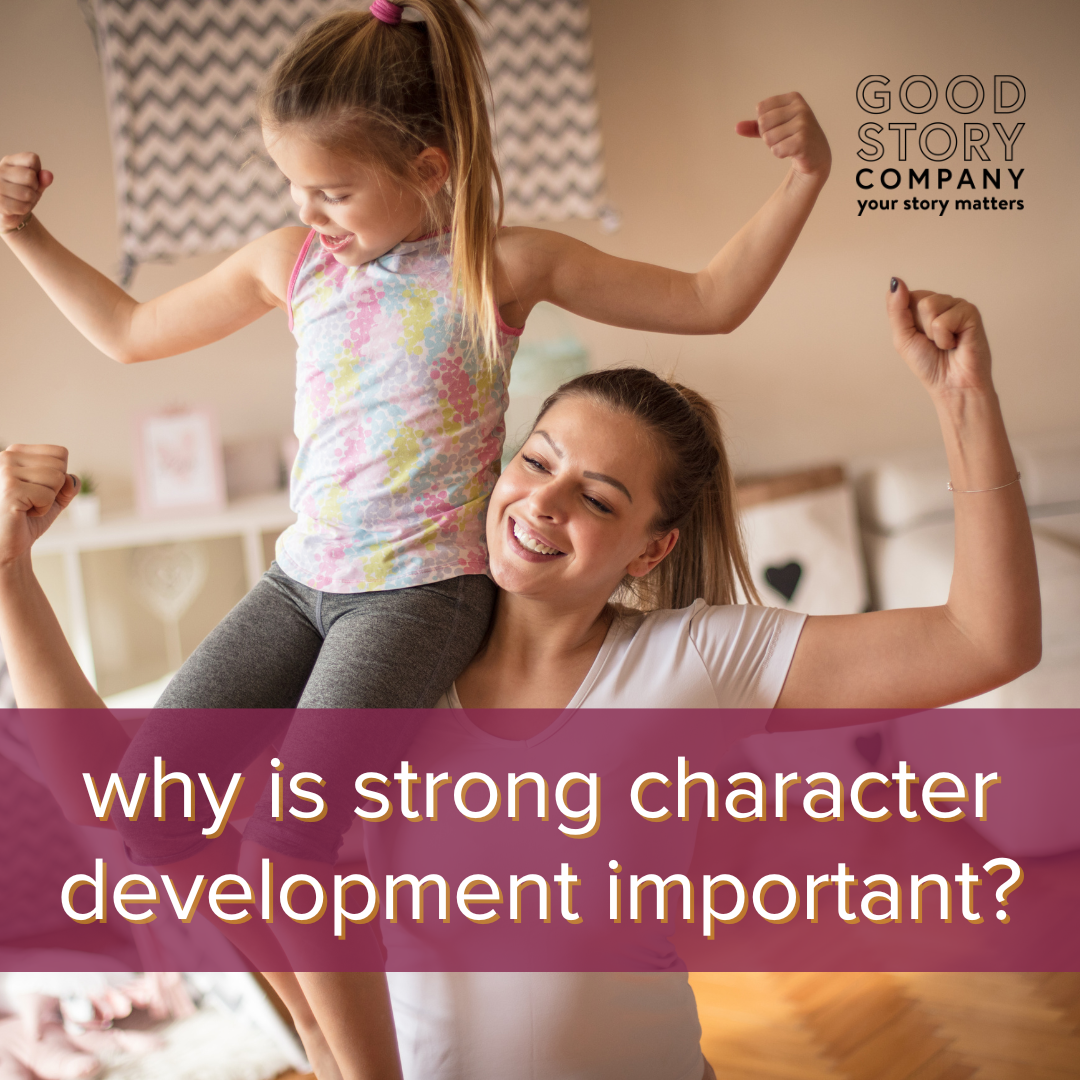

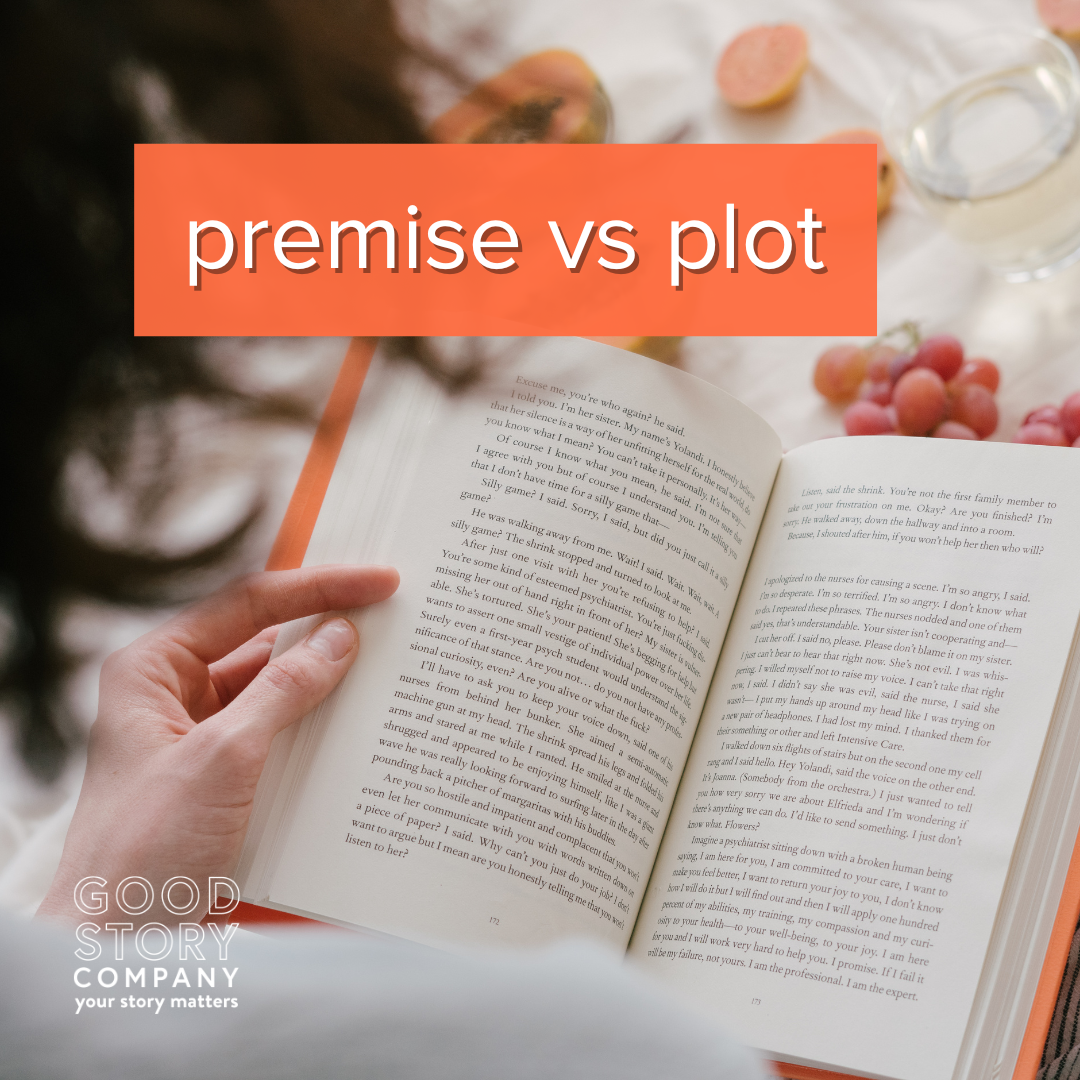

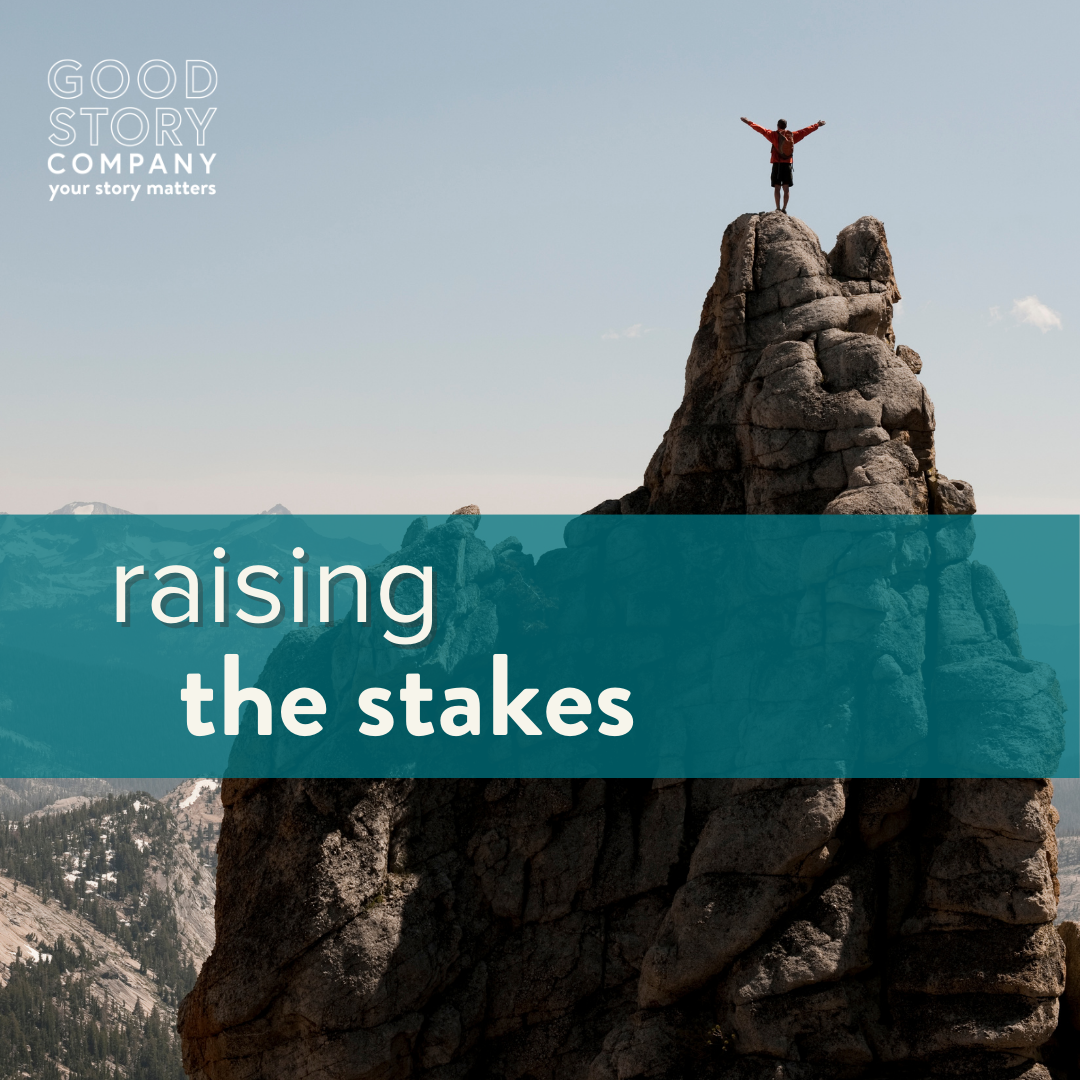

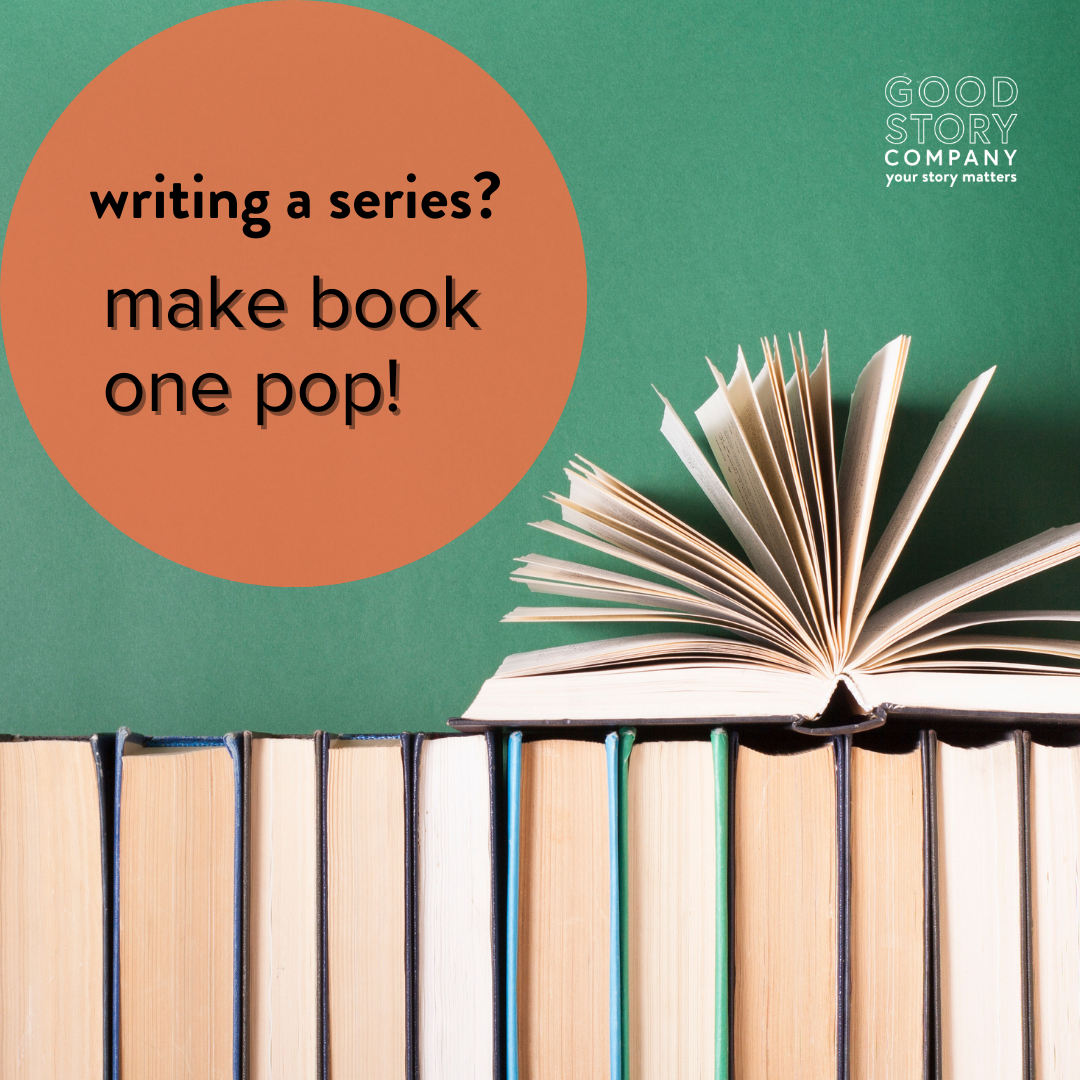
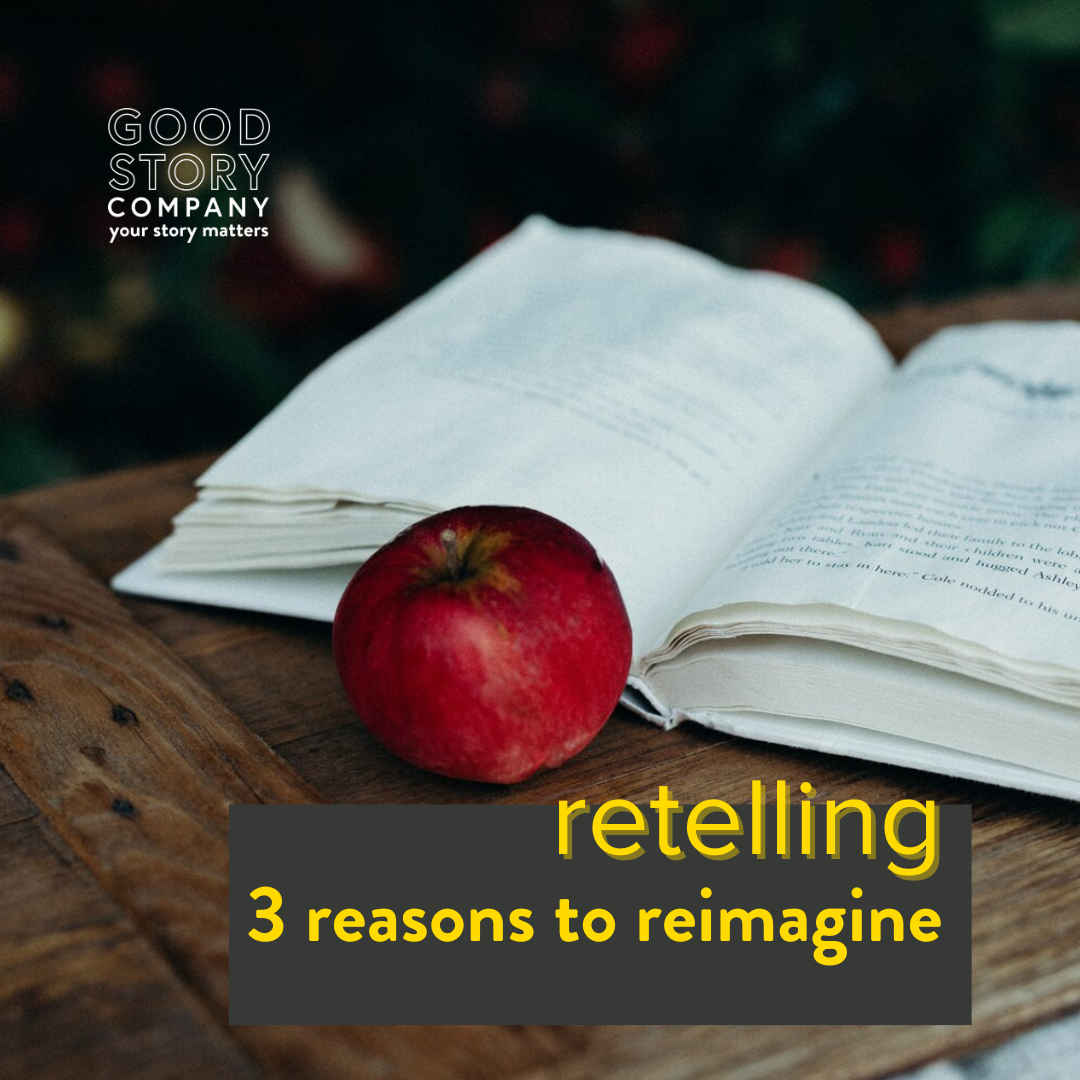

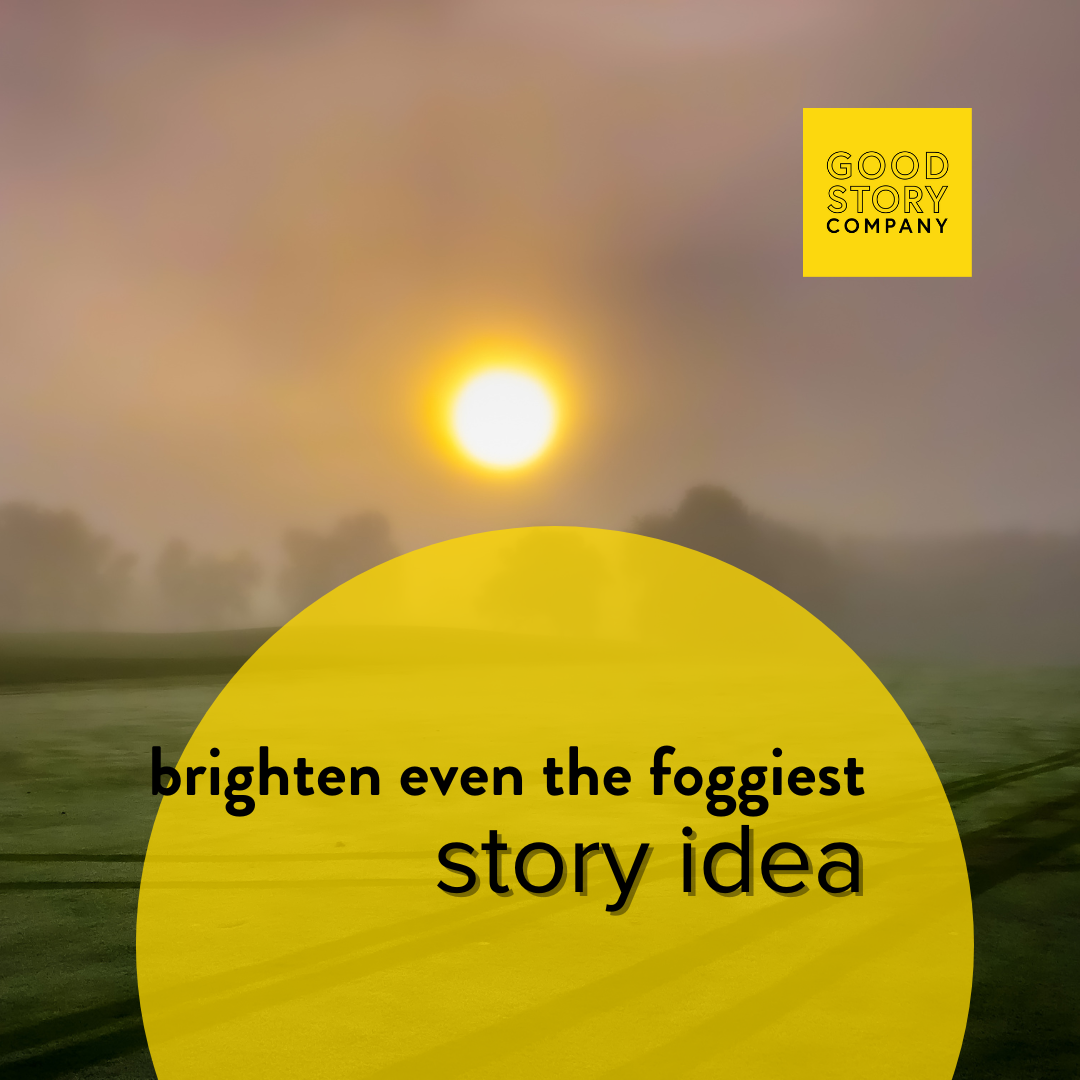
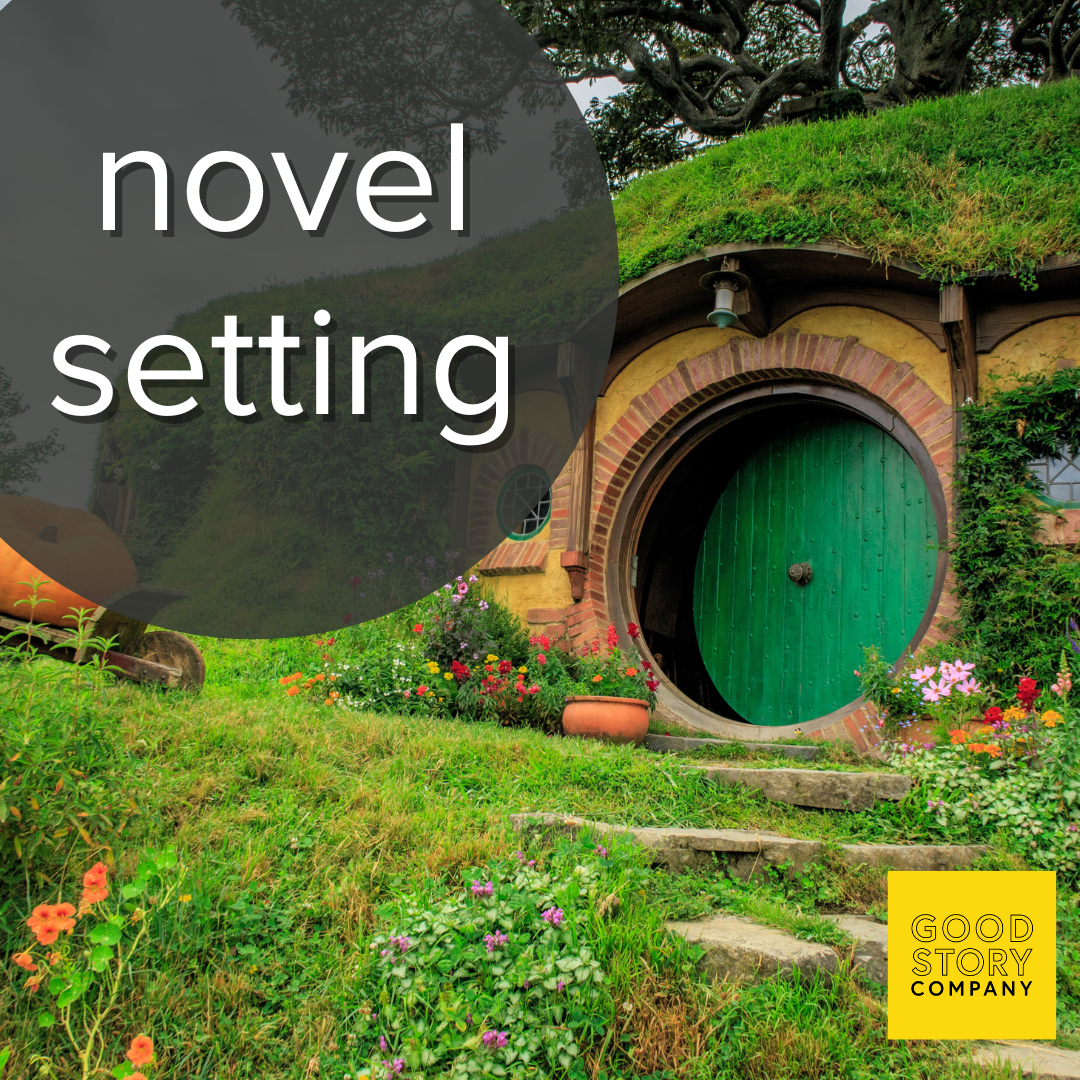
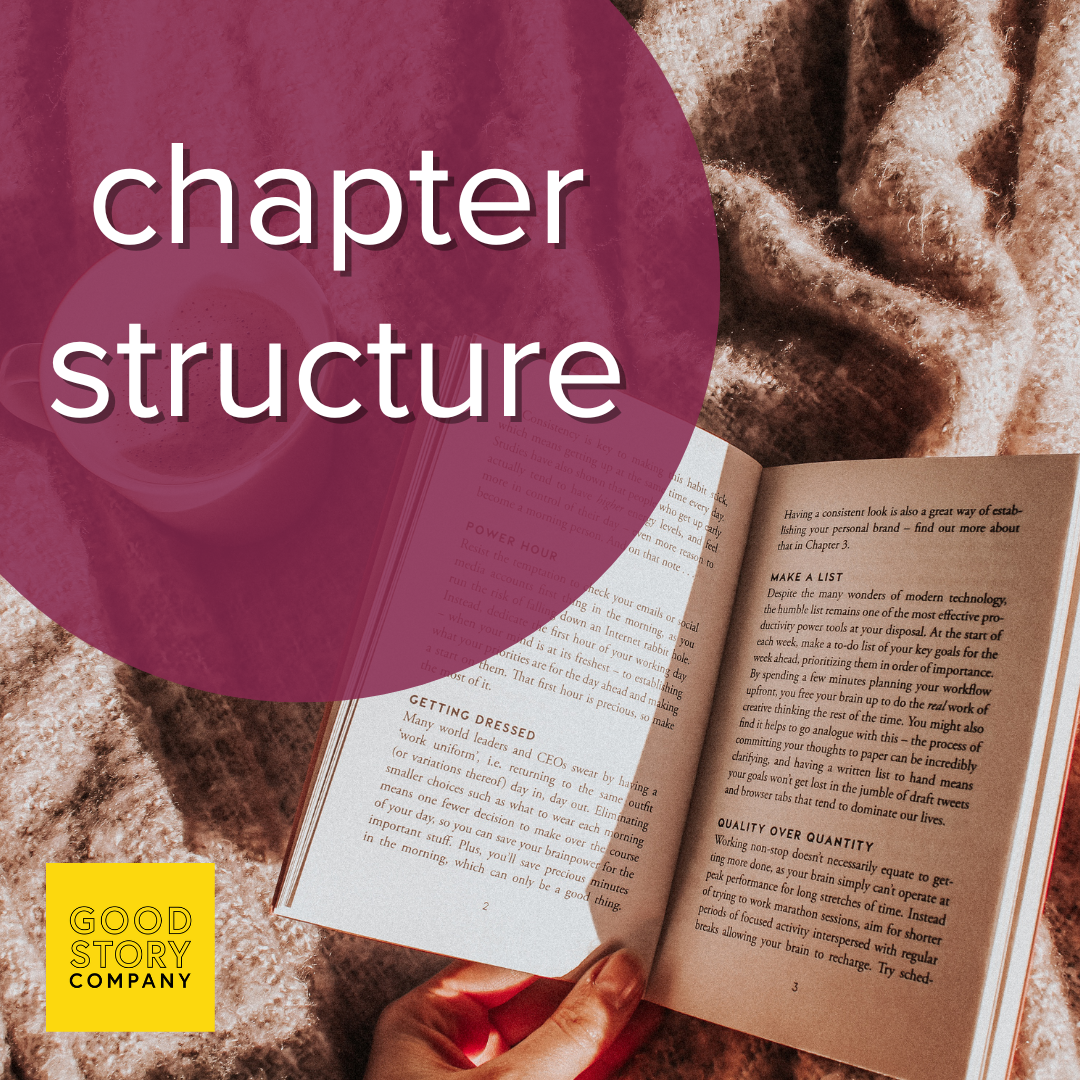

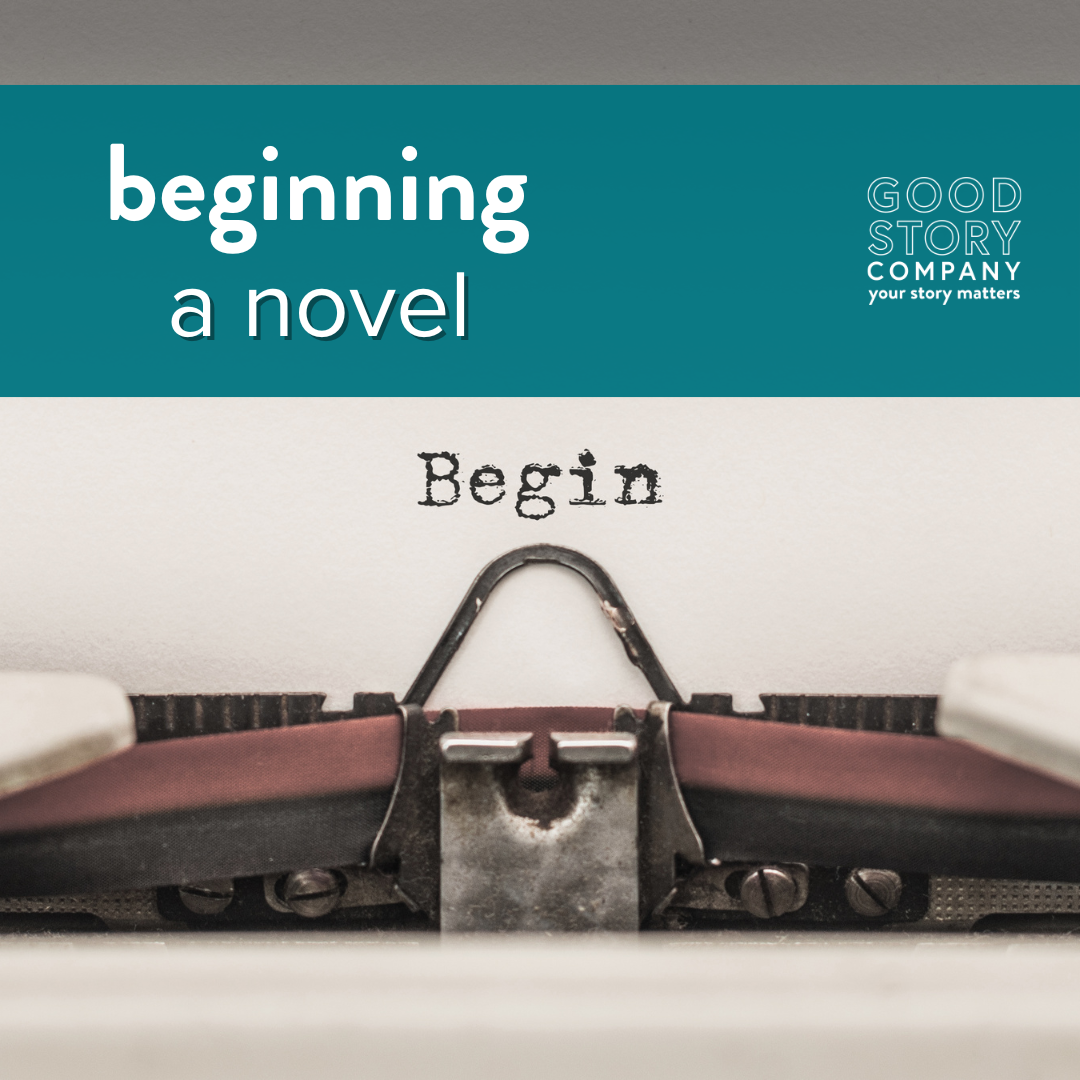

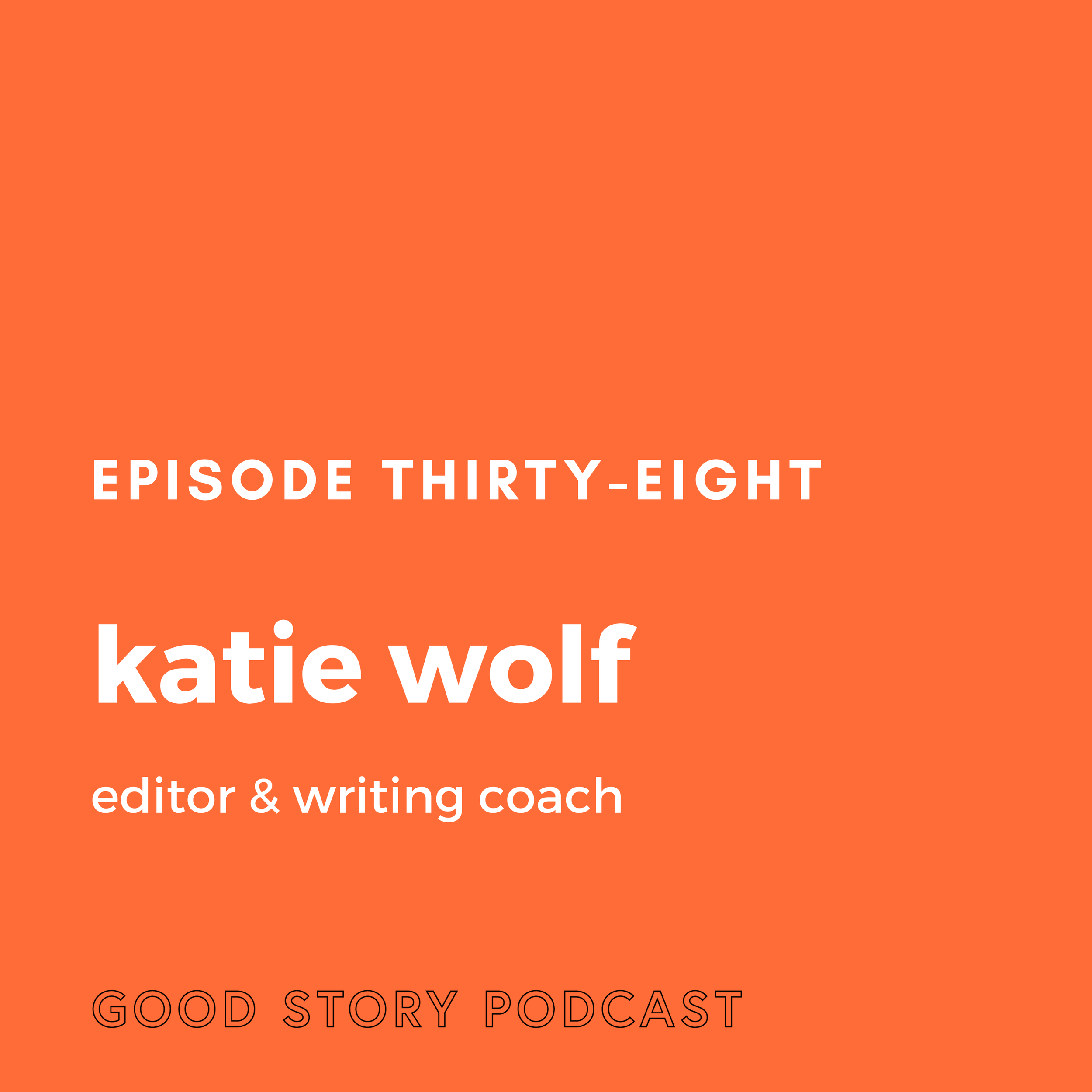
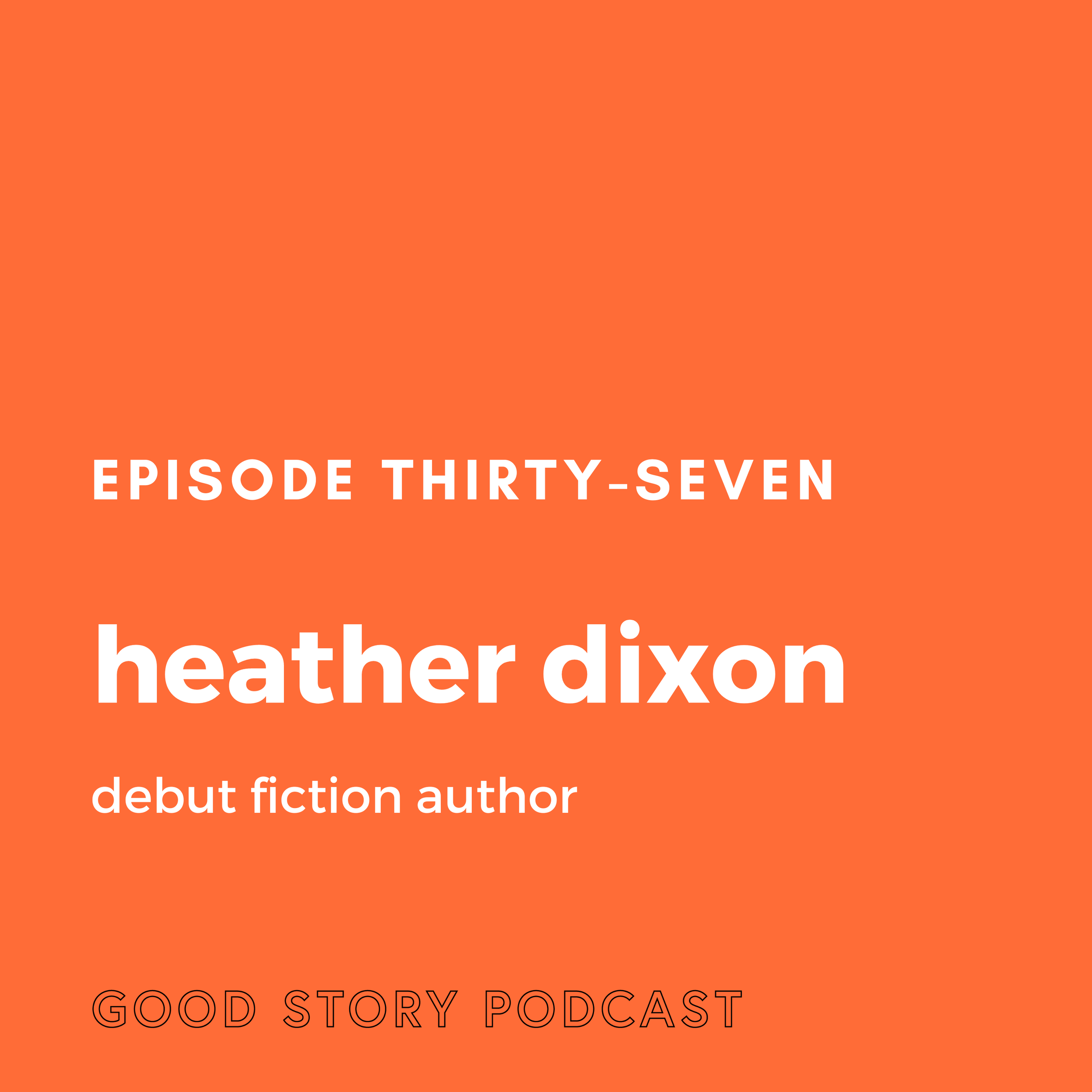
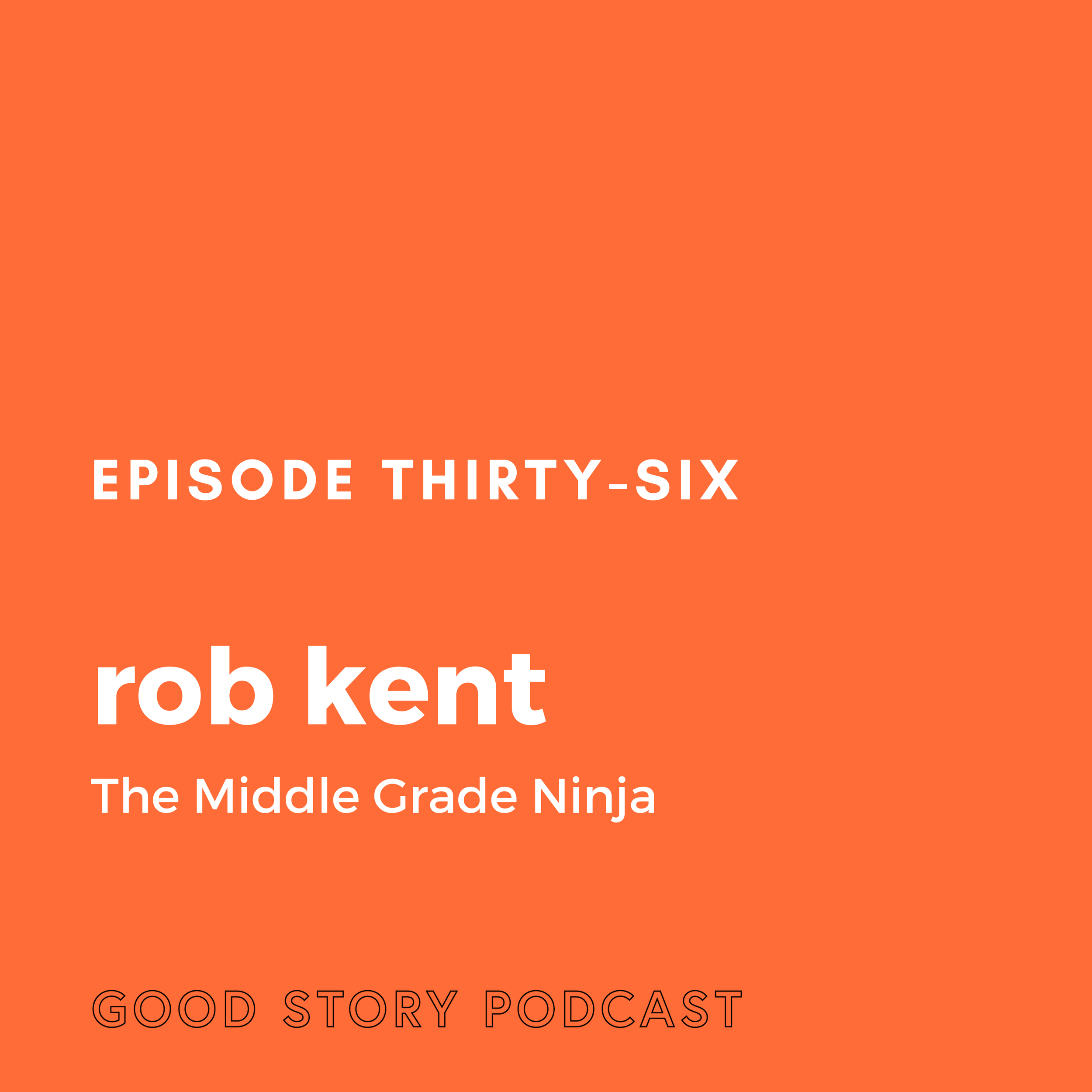
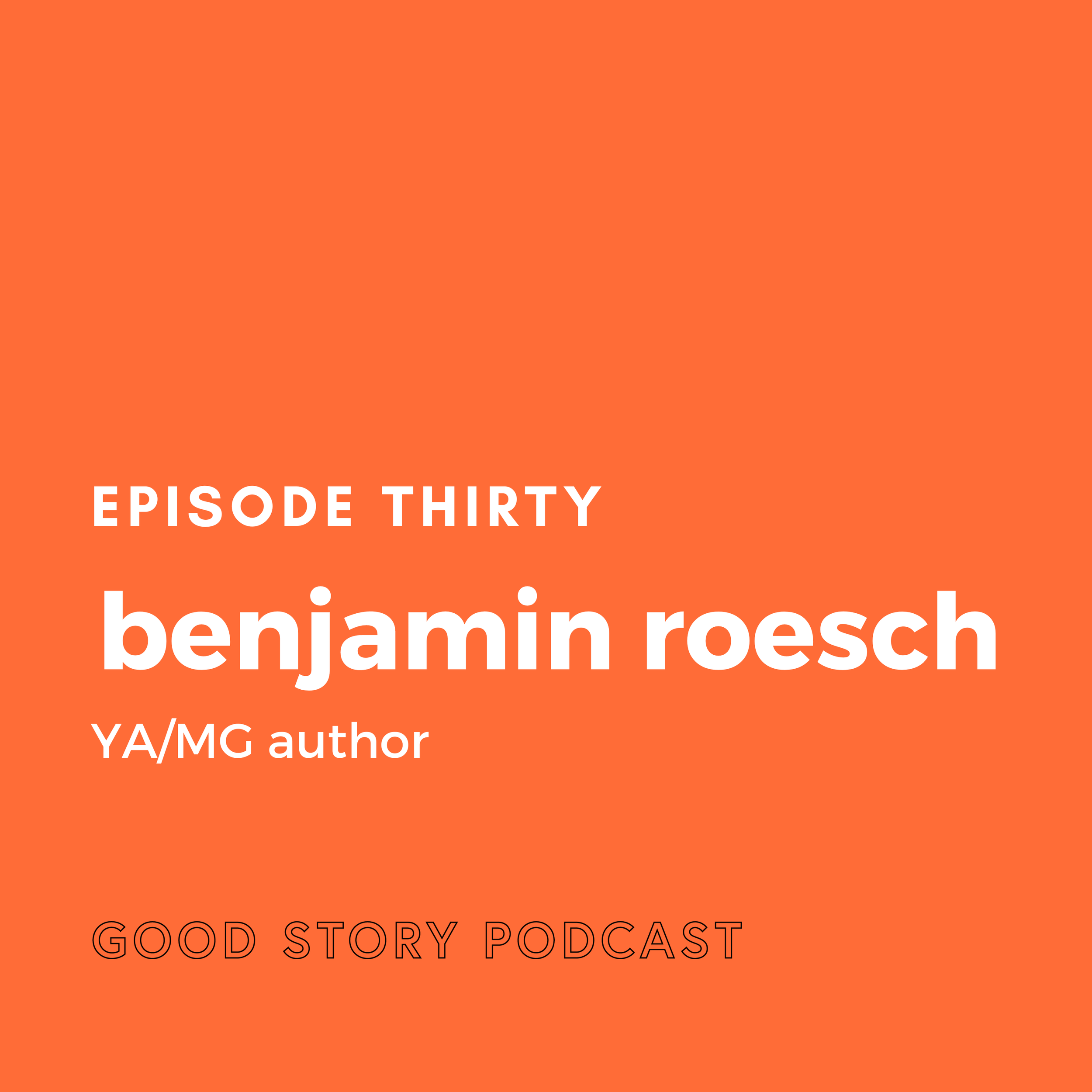
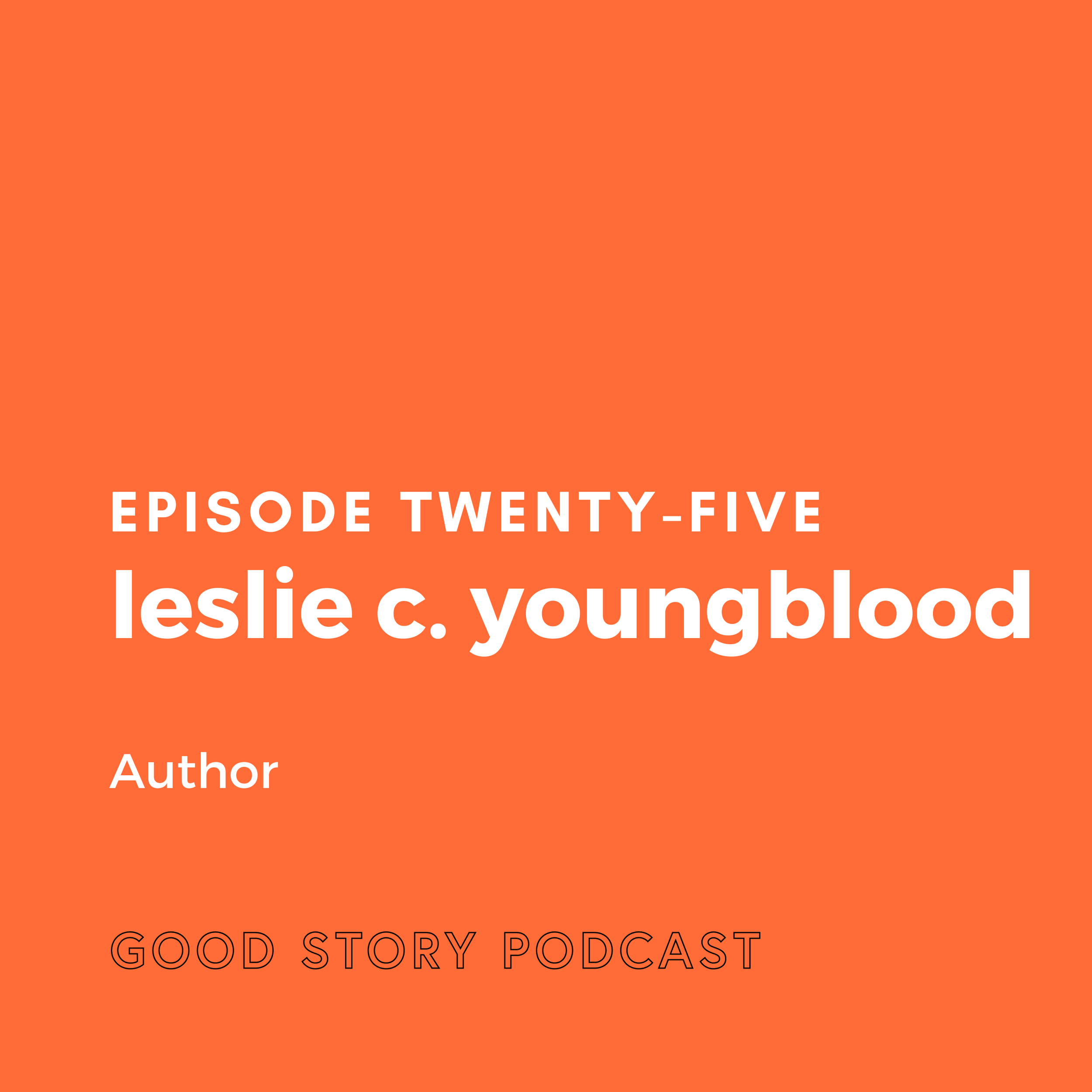
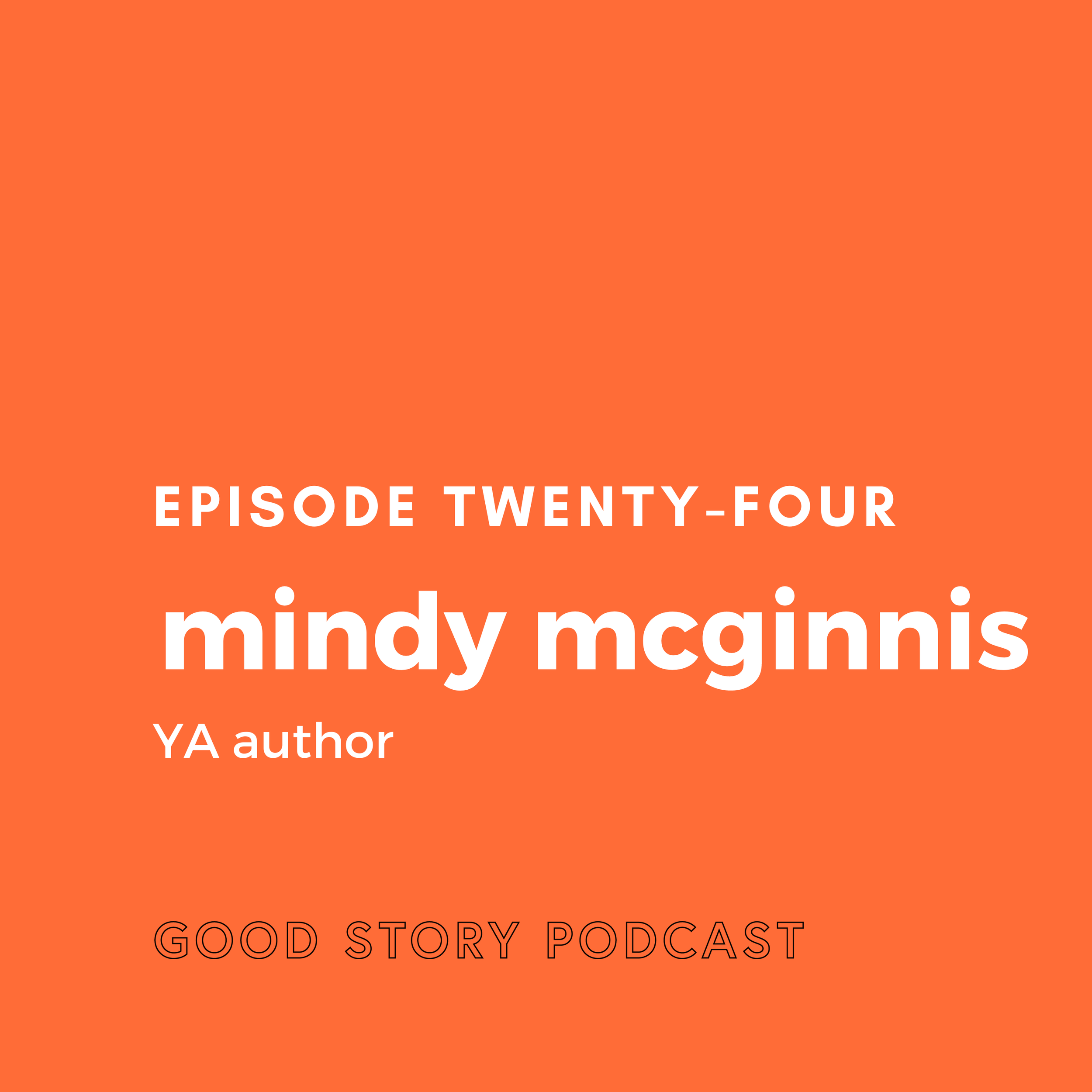

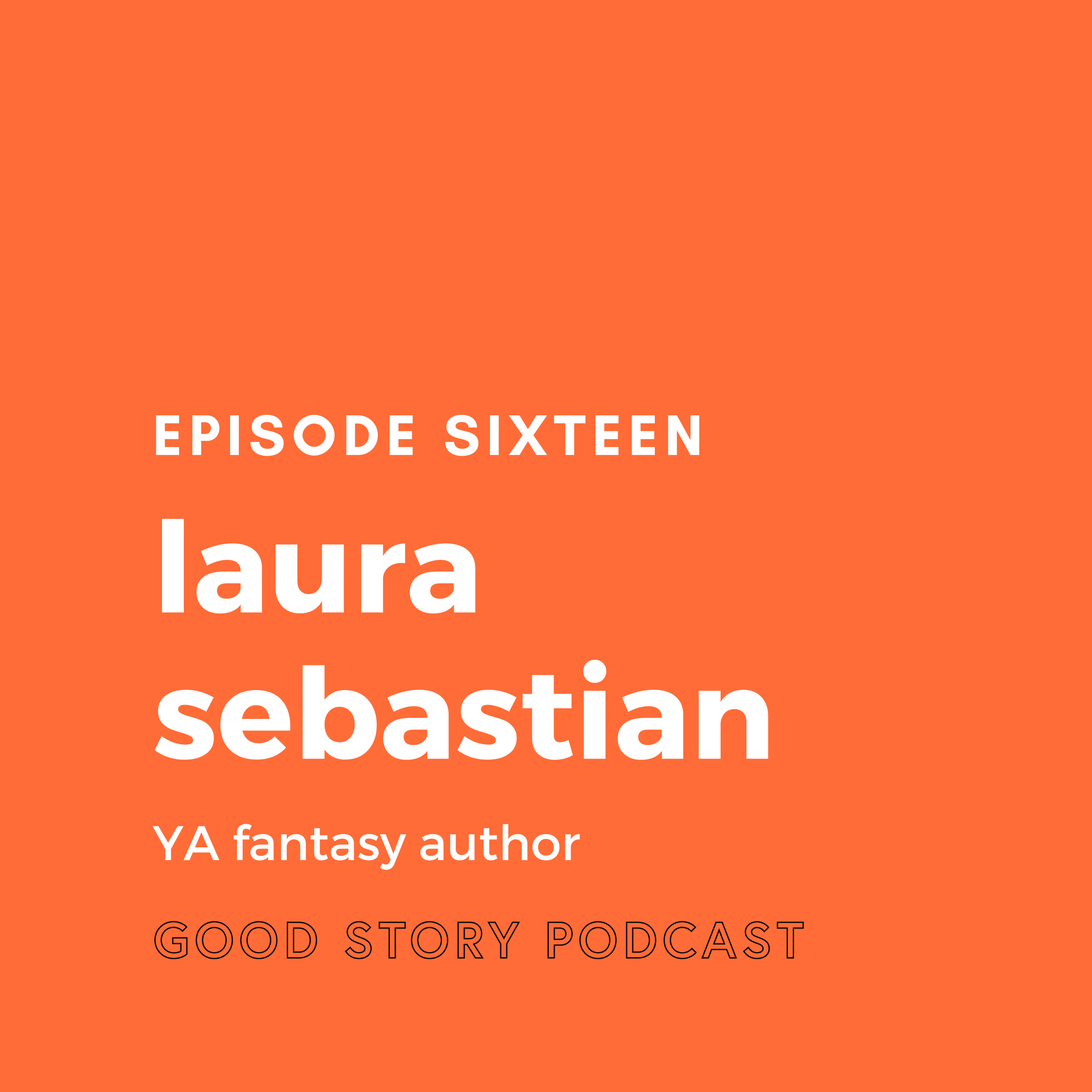







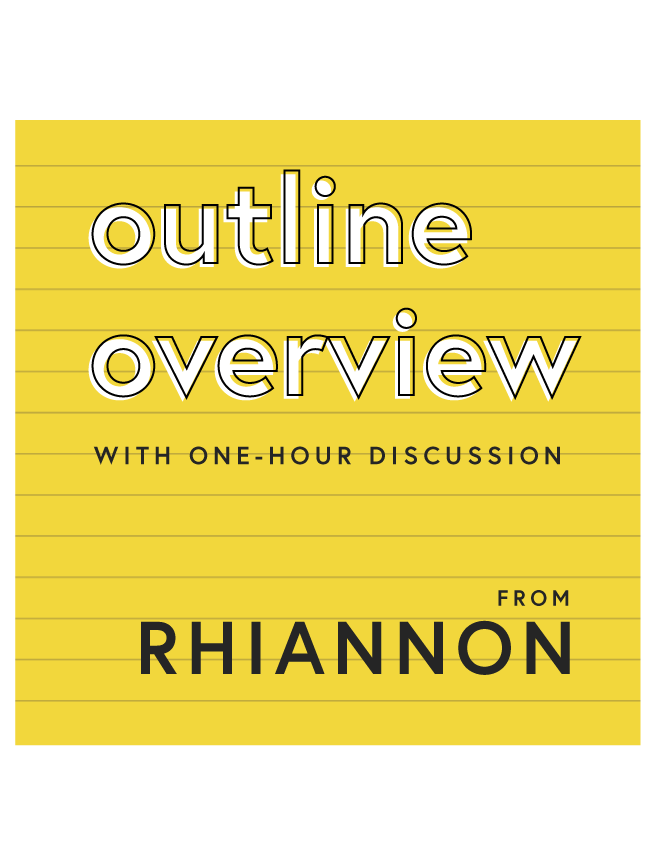




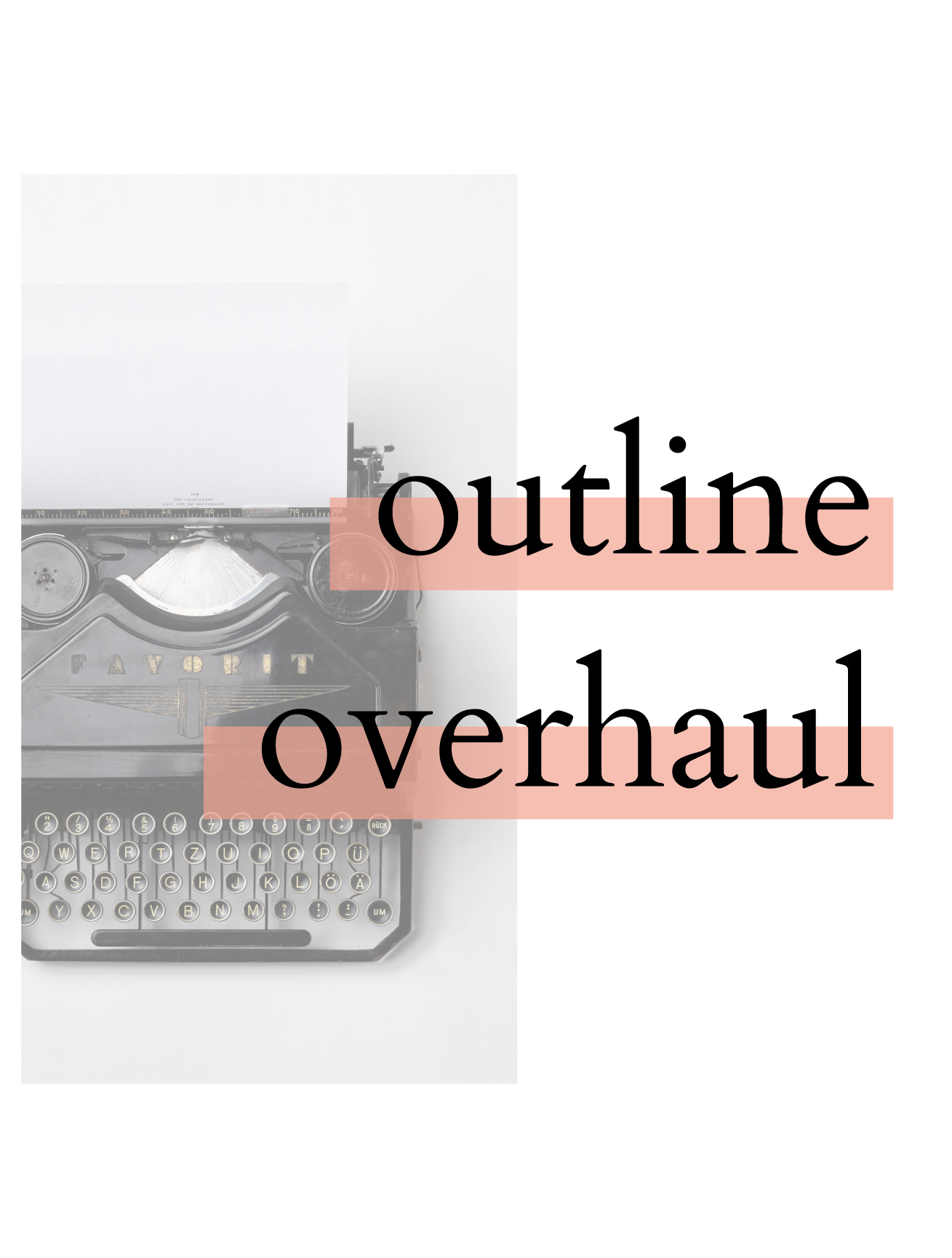




What’s the secret behind designing a bestselling YA book cover? Casey Moses, an Assistant Art Director at Penguin Random House, gives us some answers and provides insight into the role of a book cover designer. Listen to our in-depth conversation to learn about designing typography, special edition production, and the unusual methods for achieving perfect photoshoot conditions.